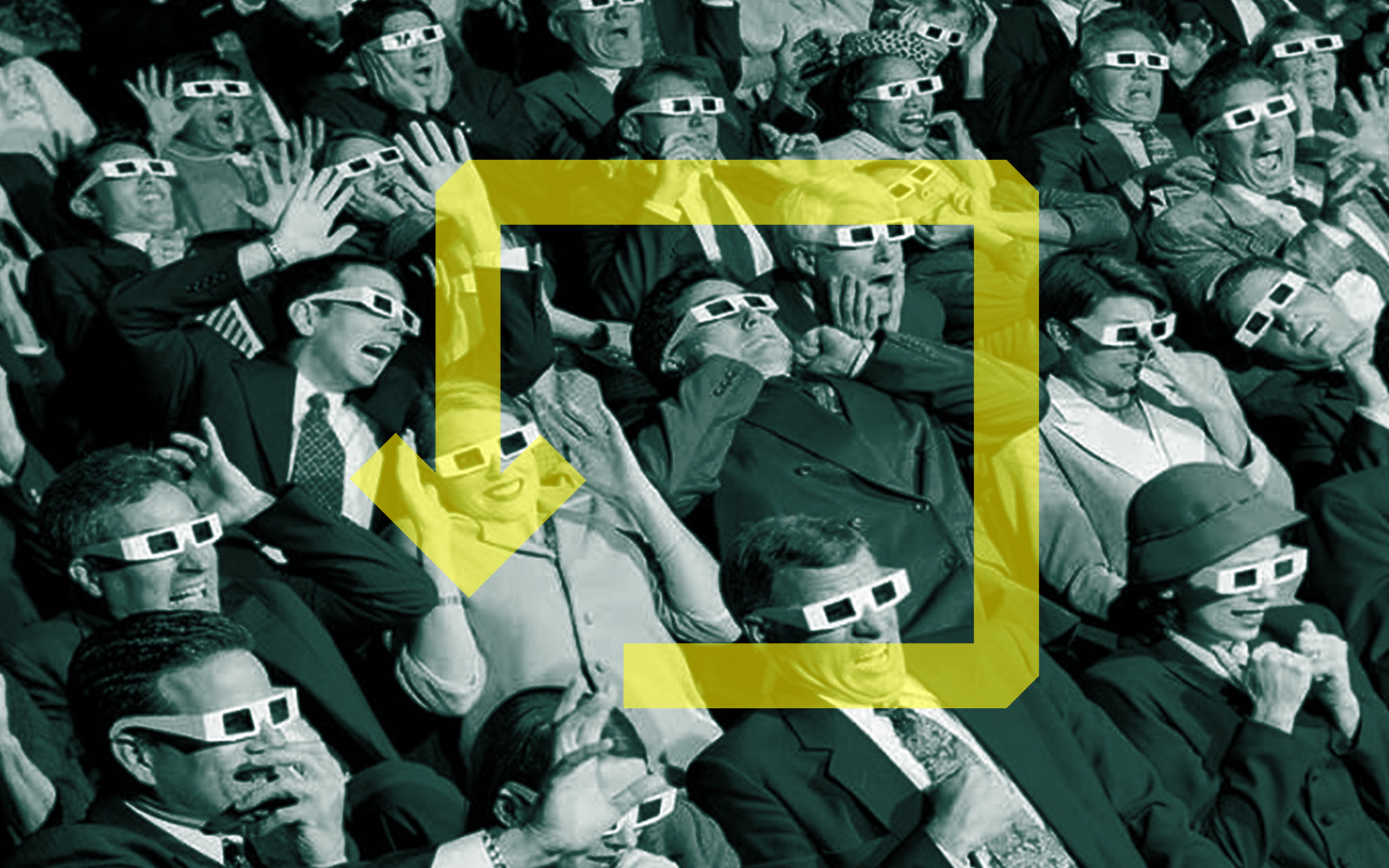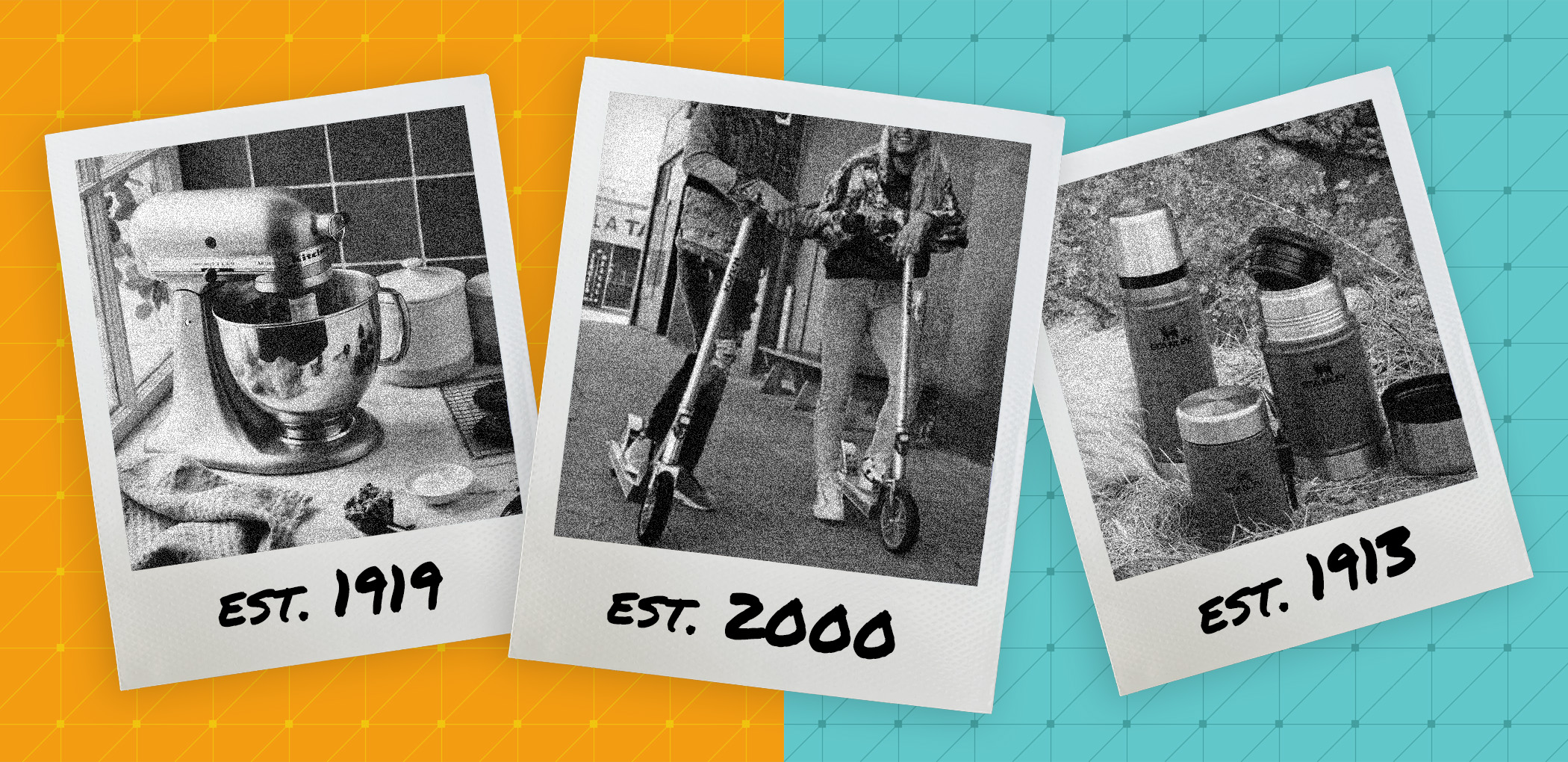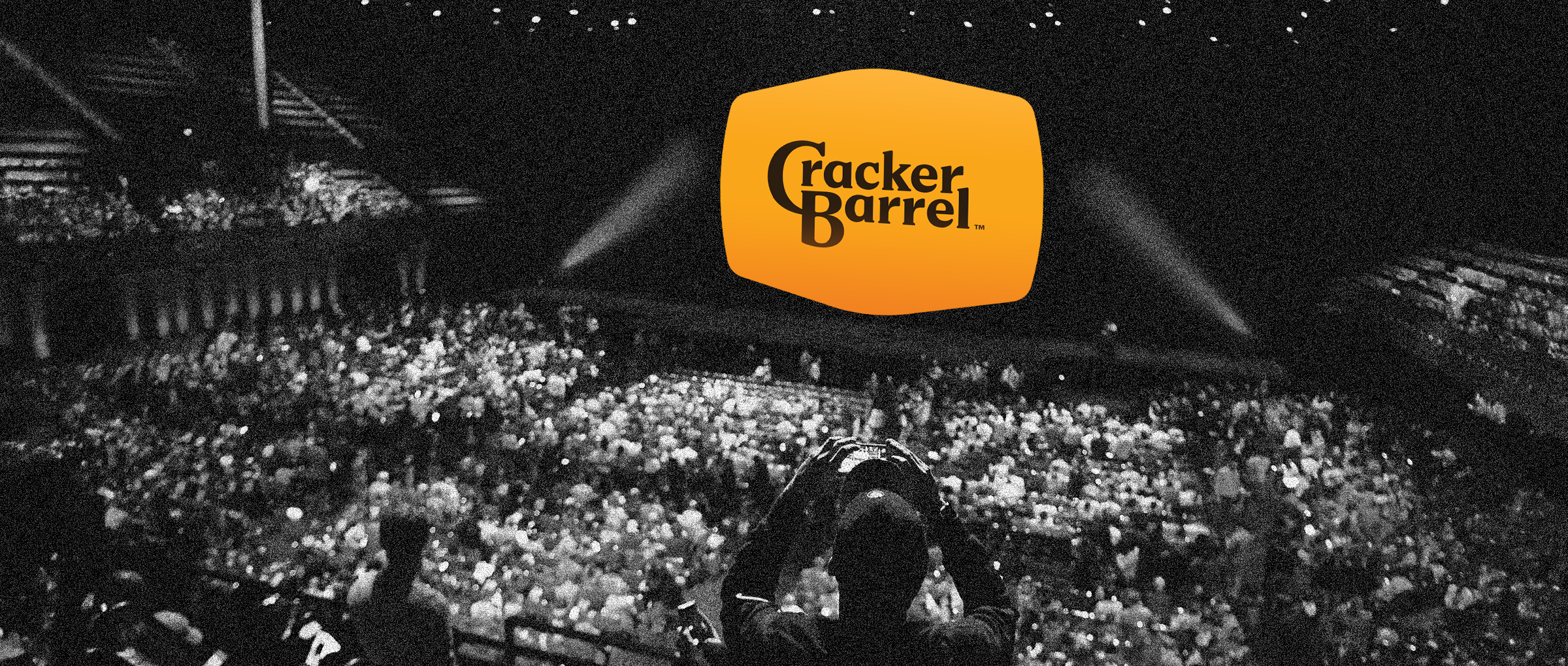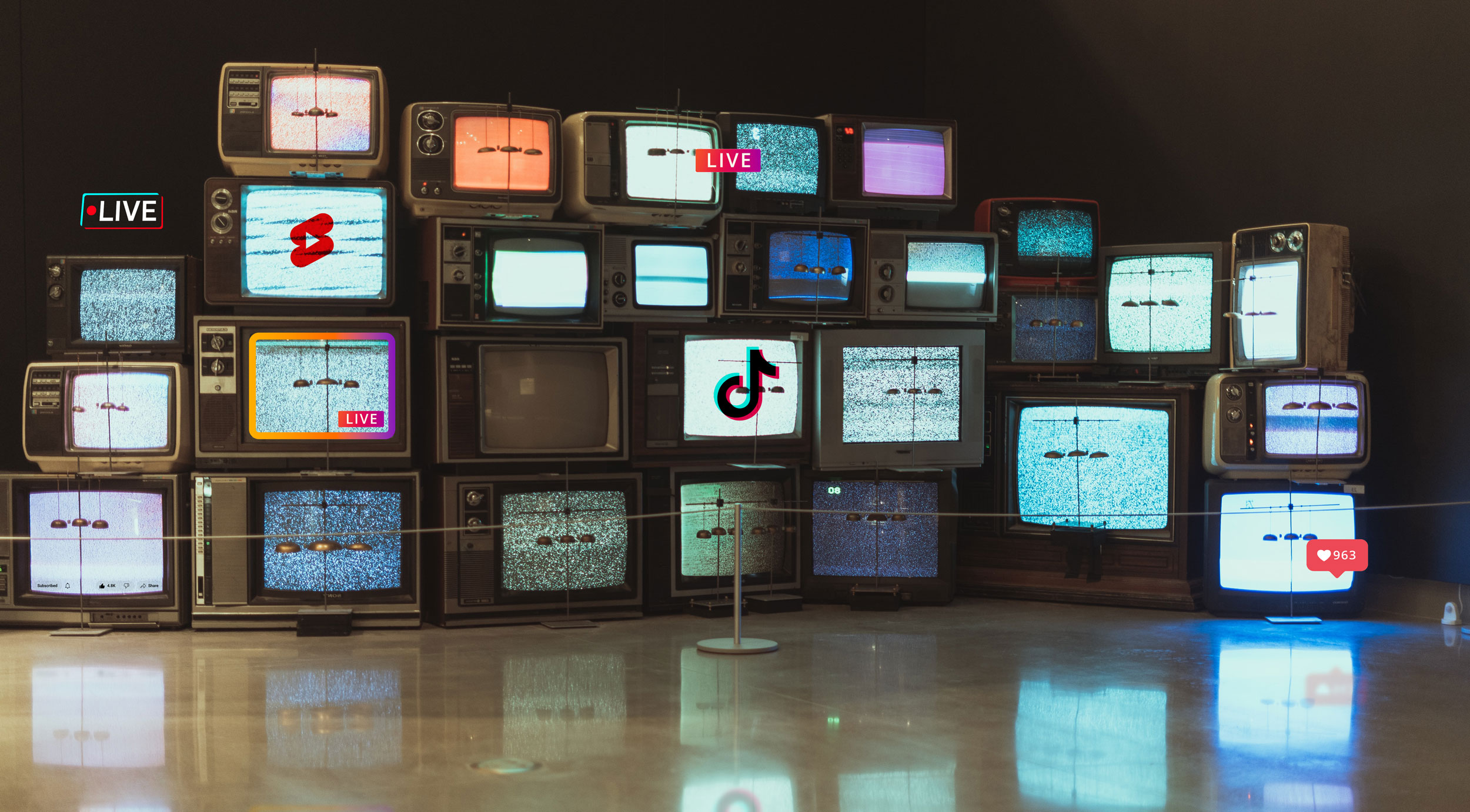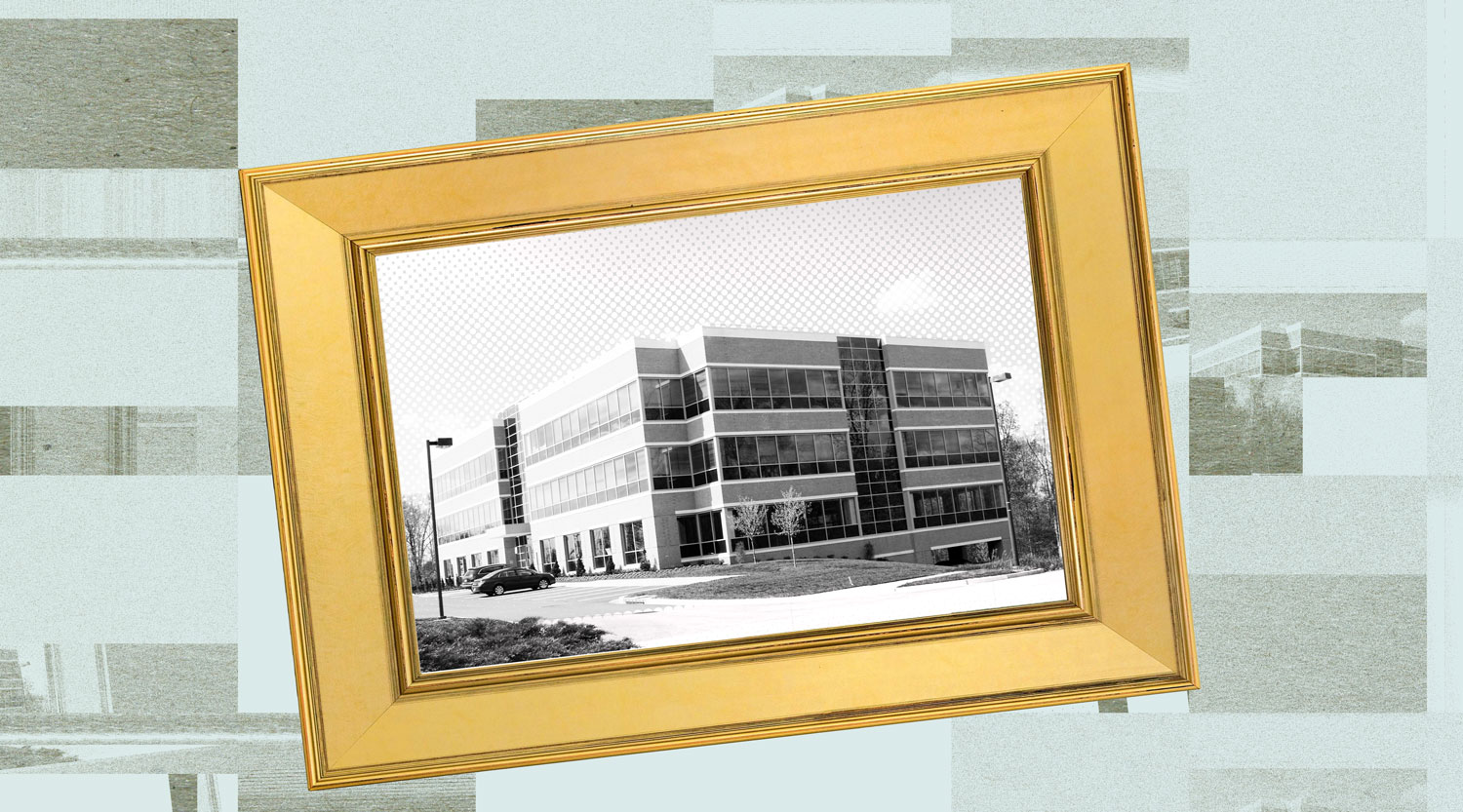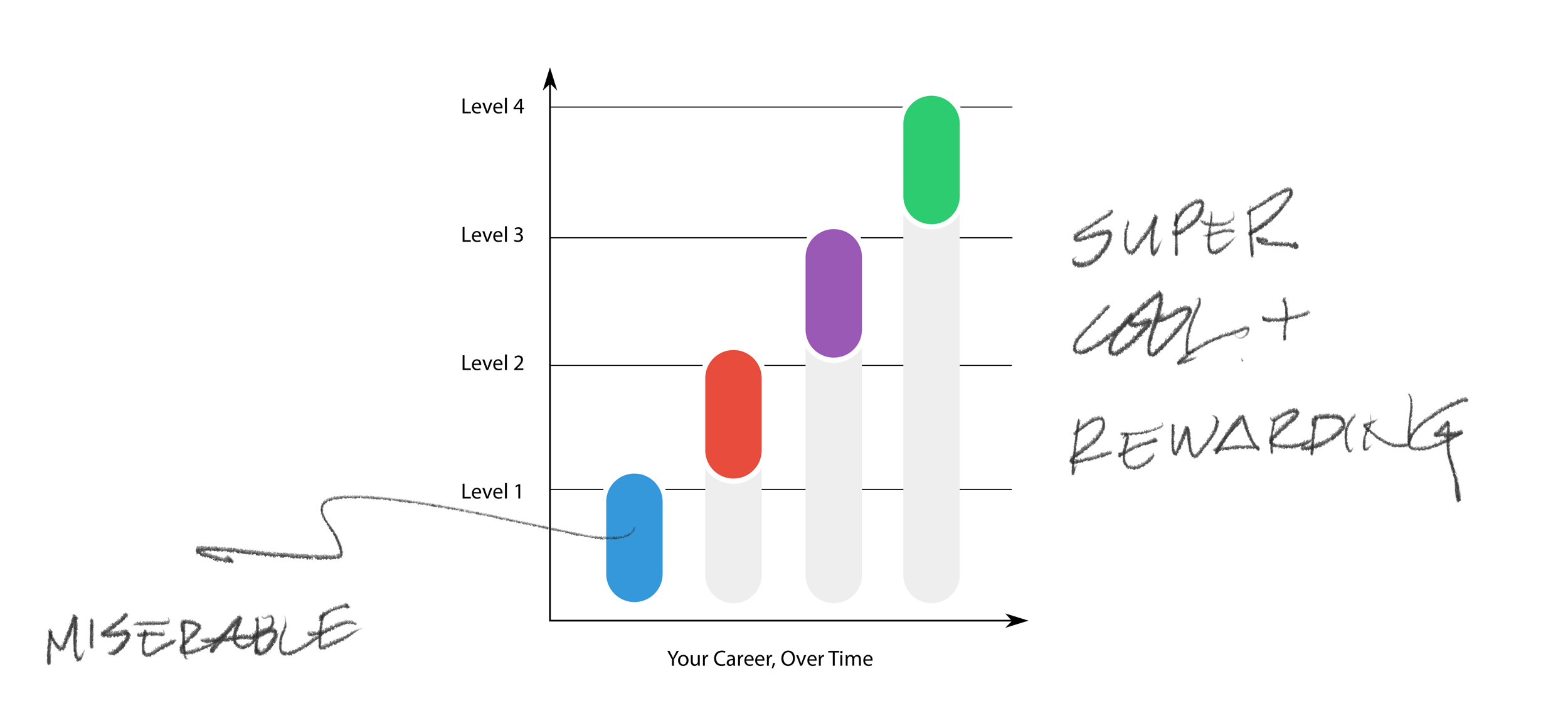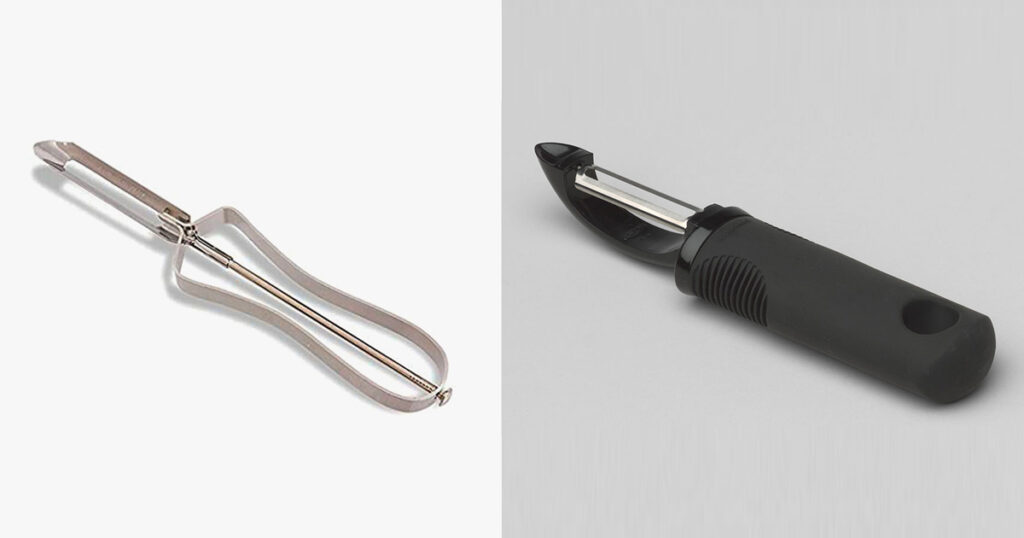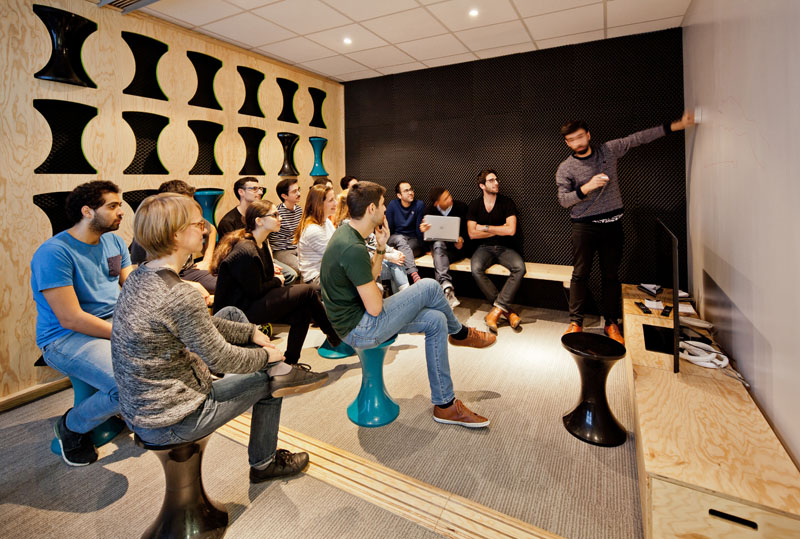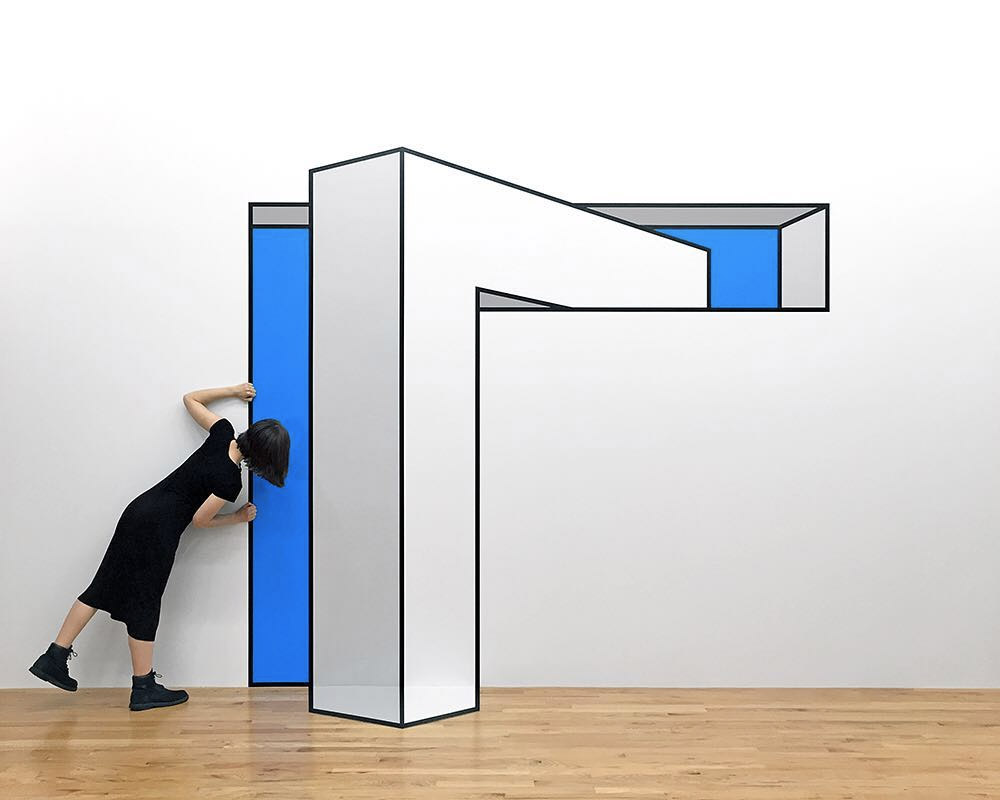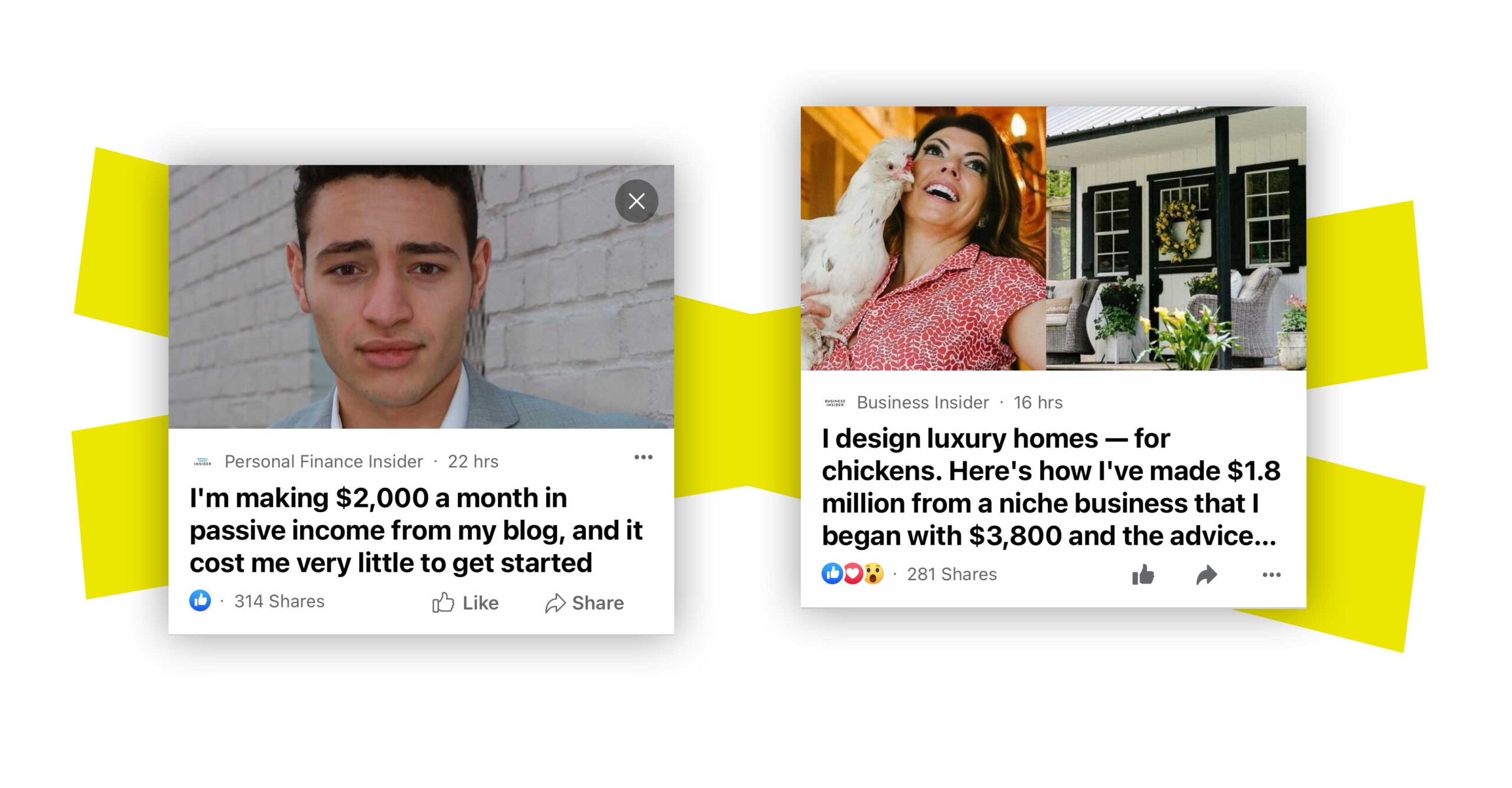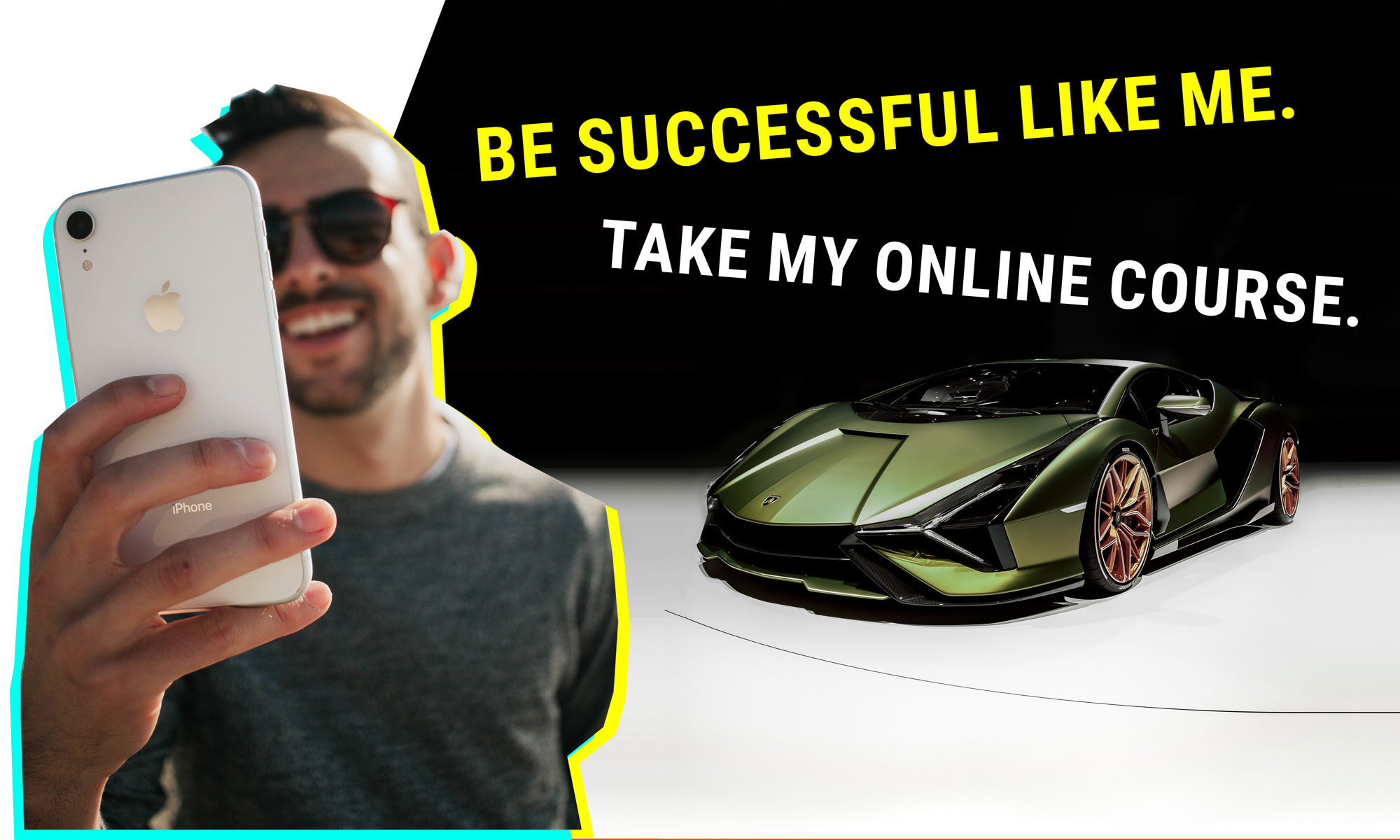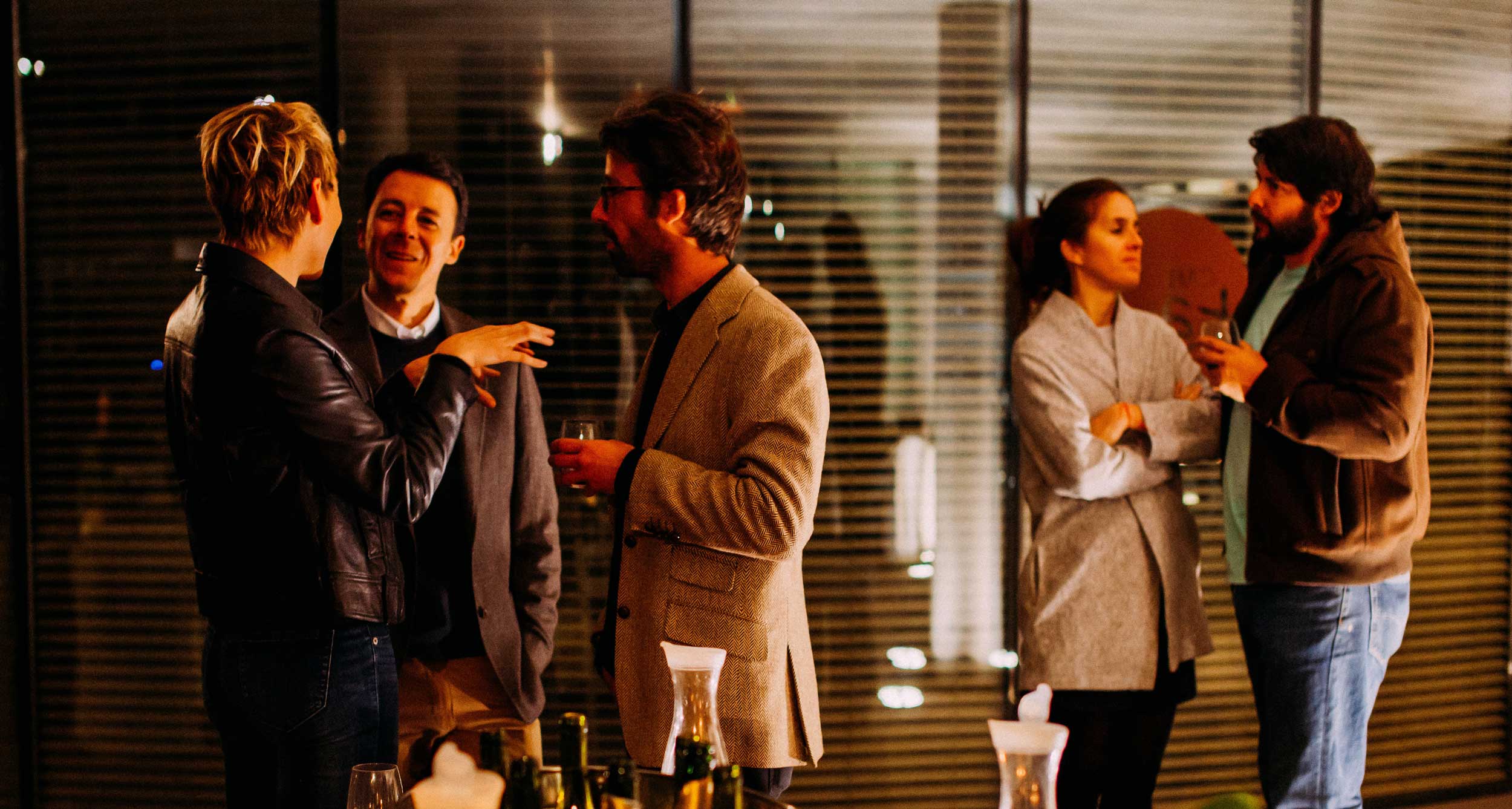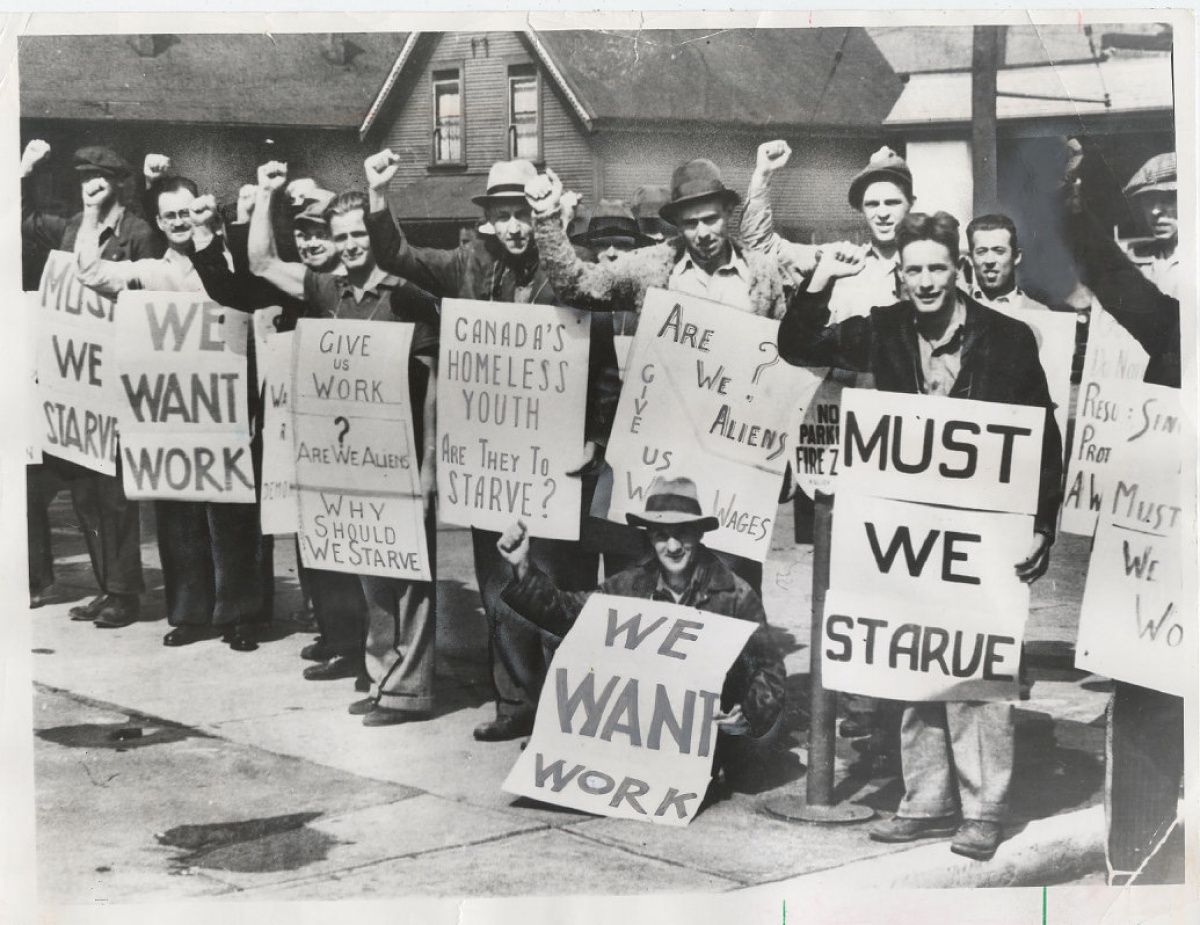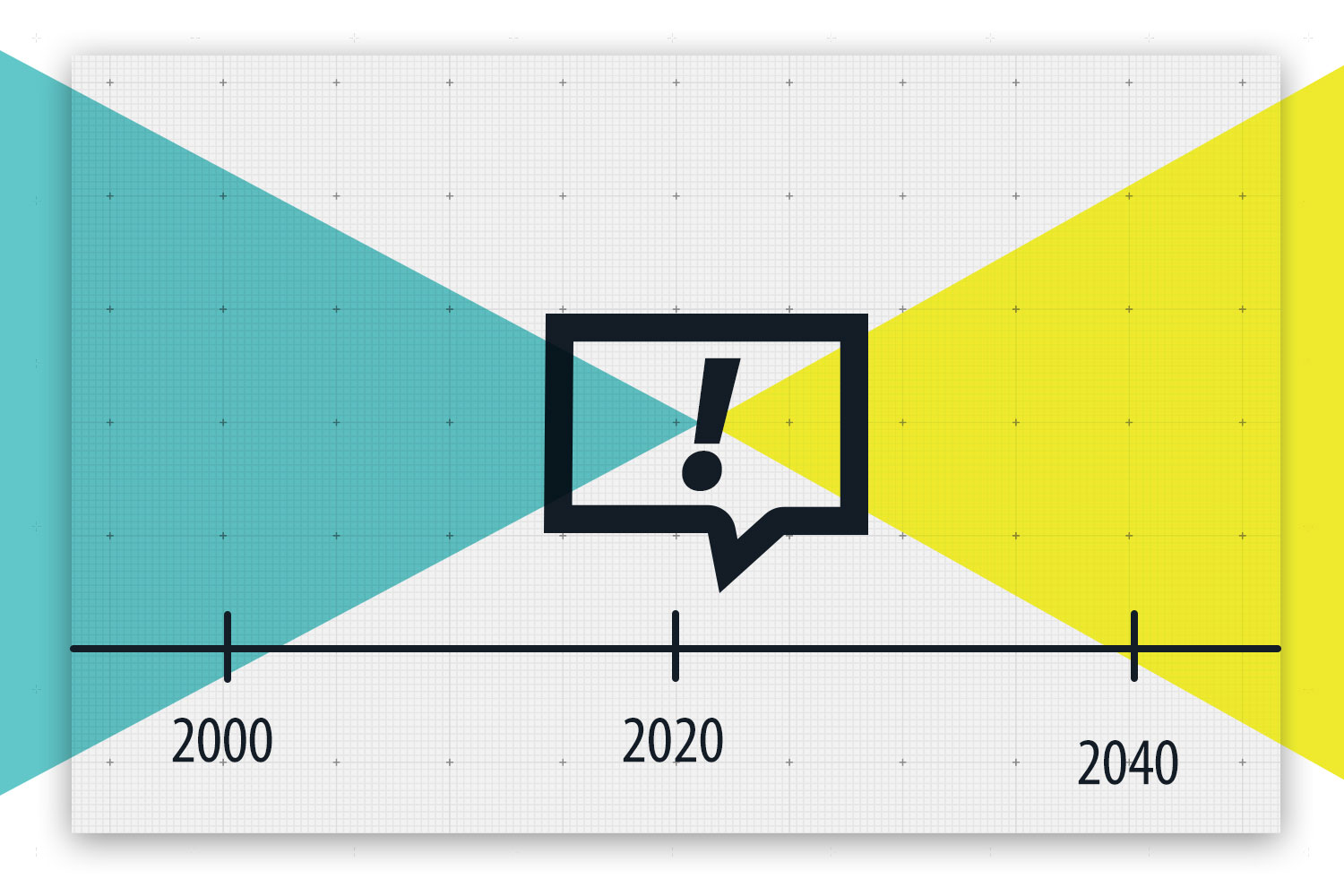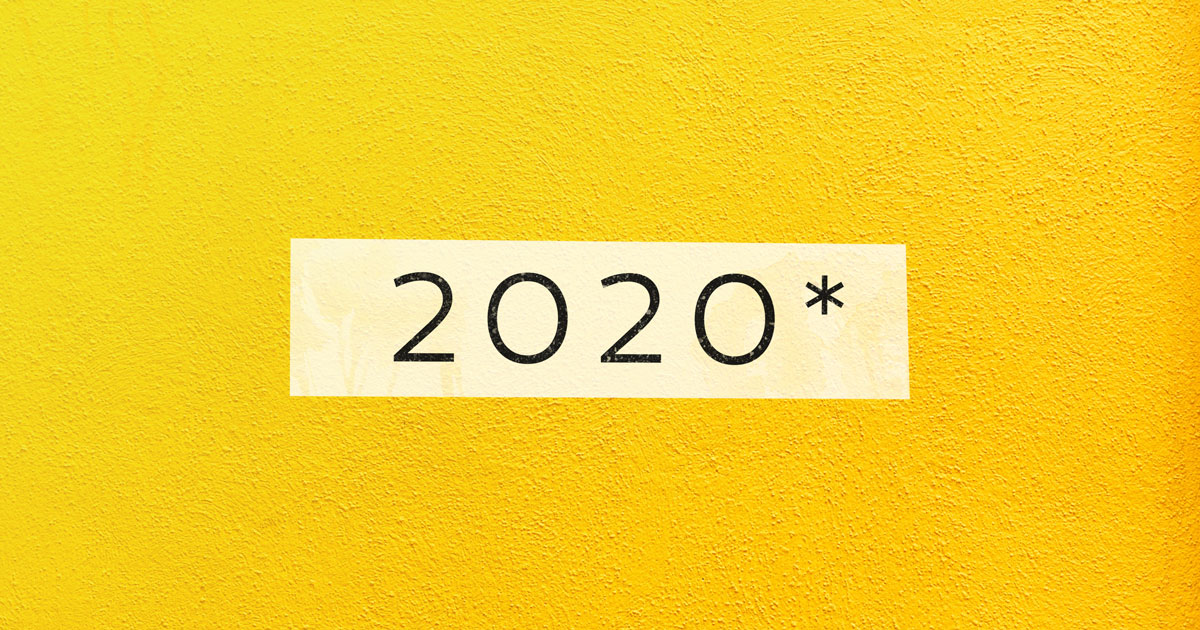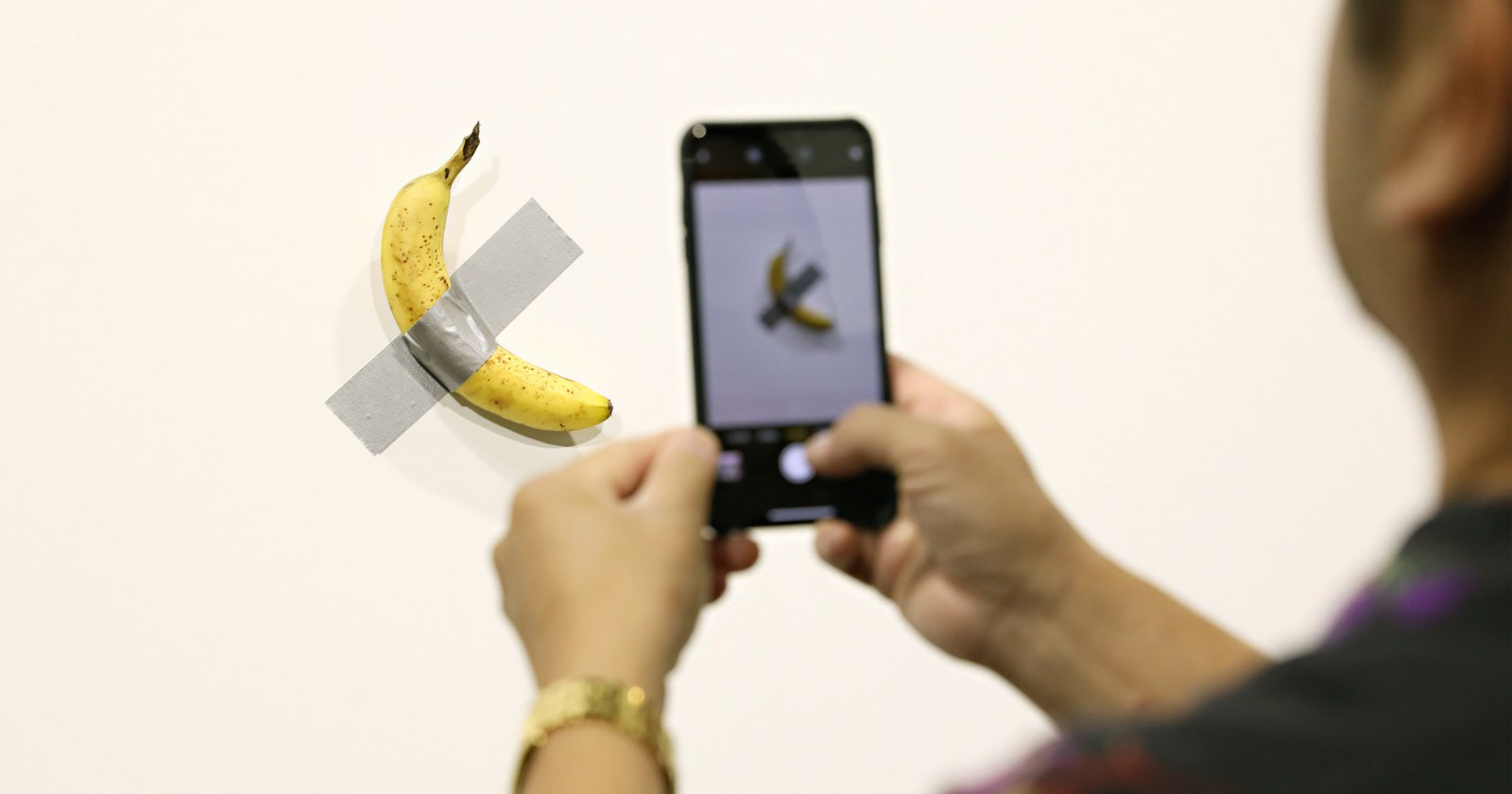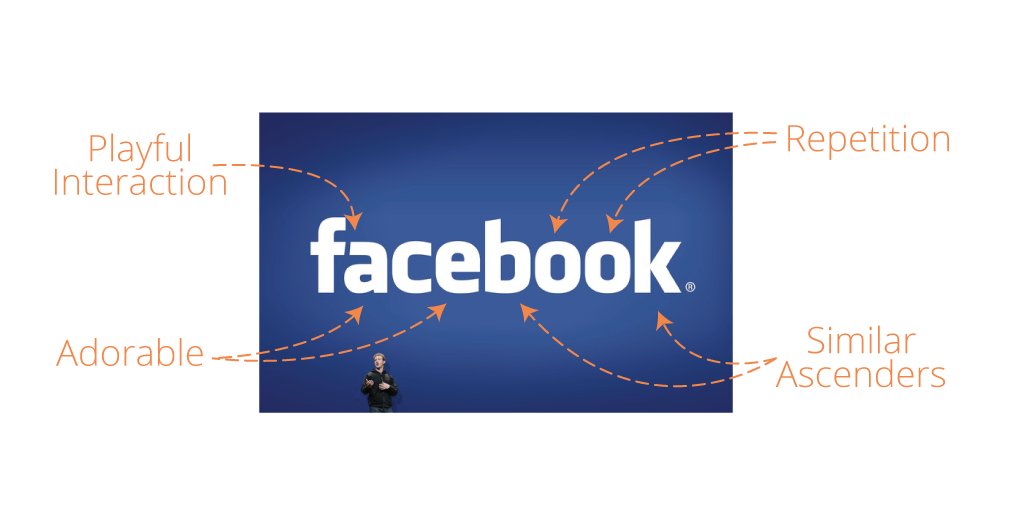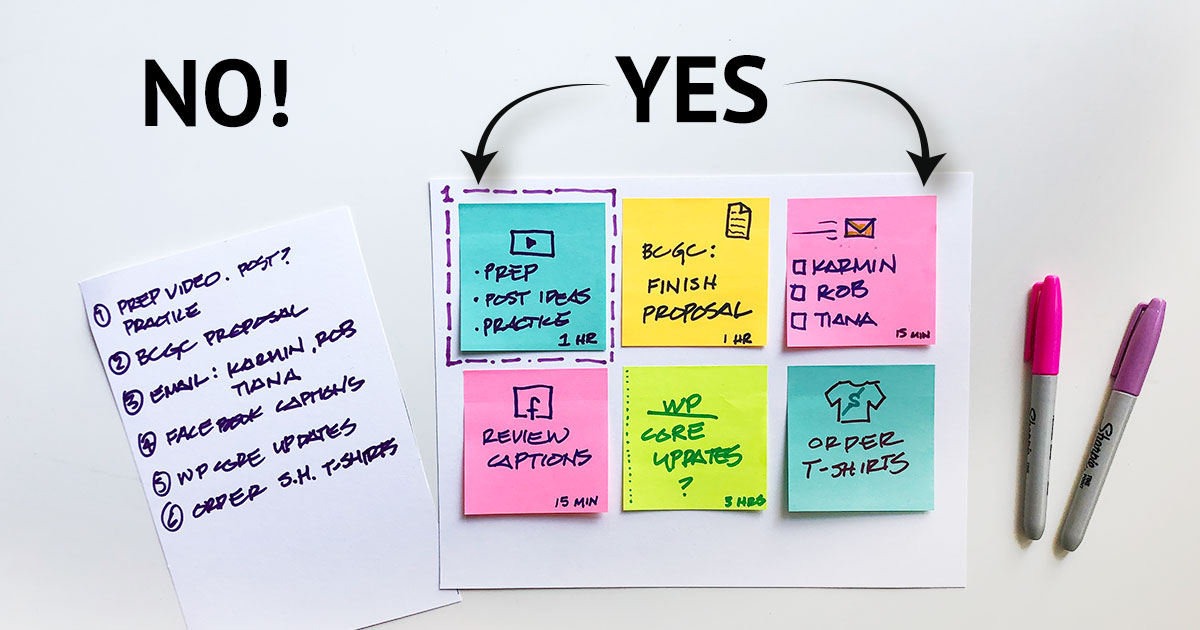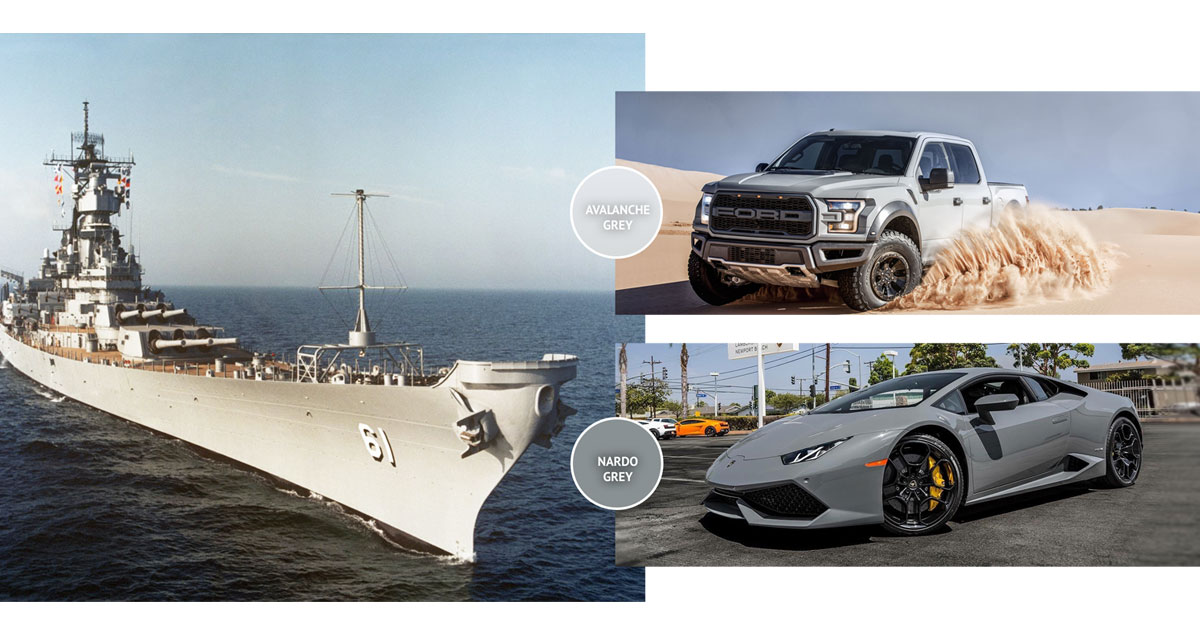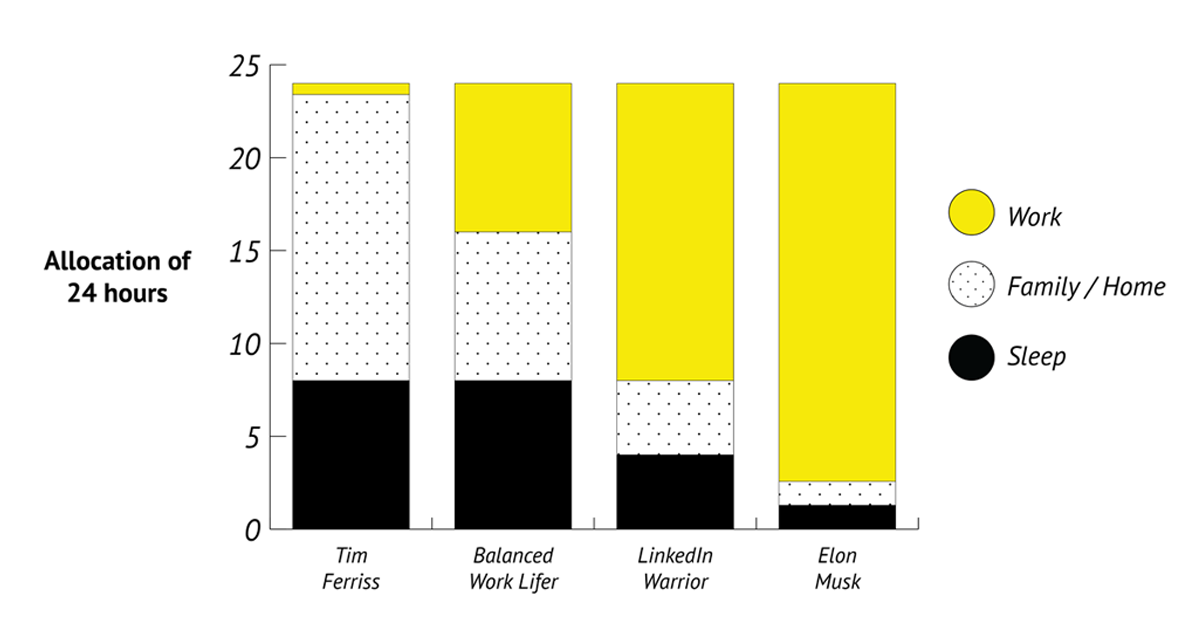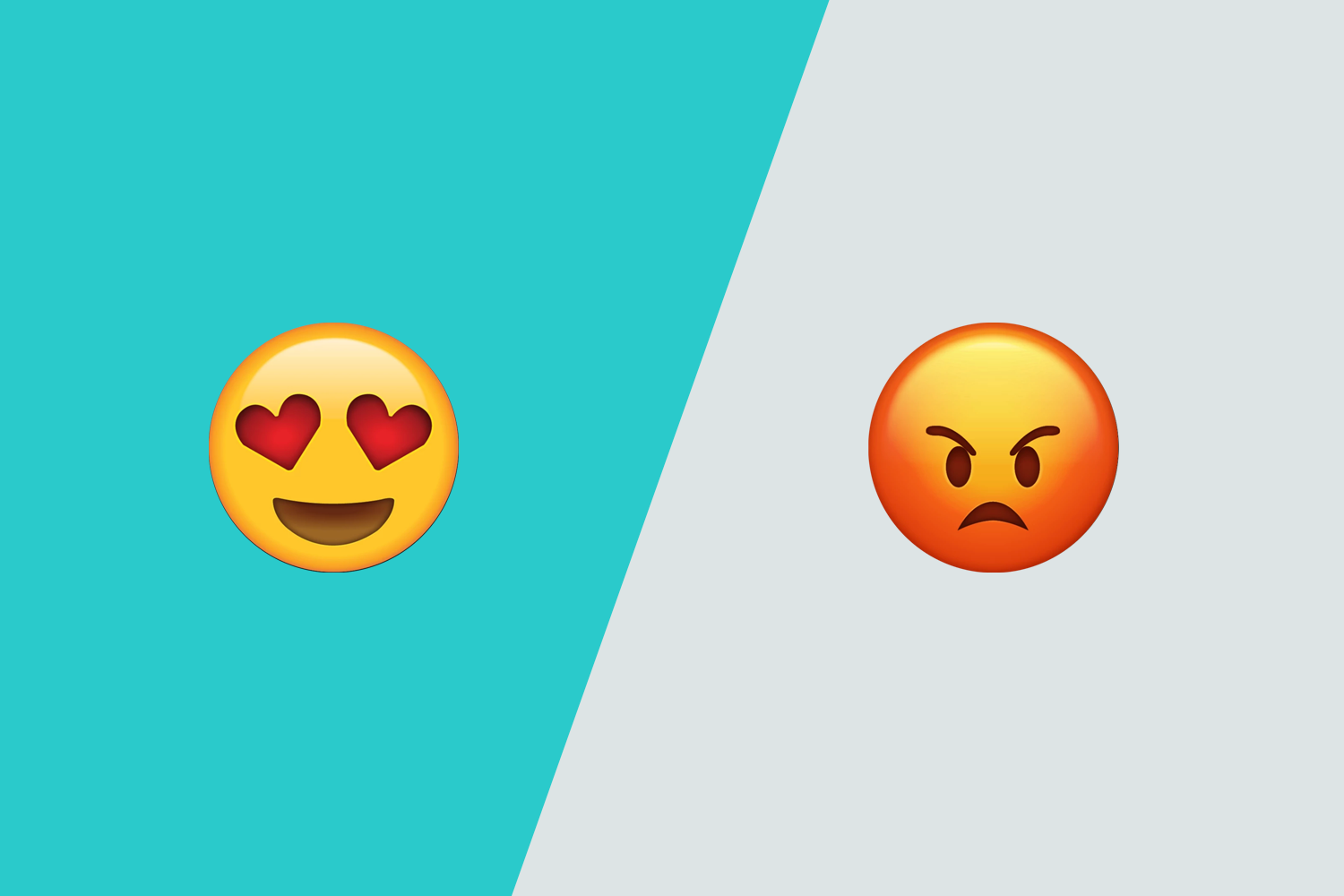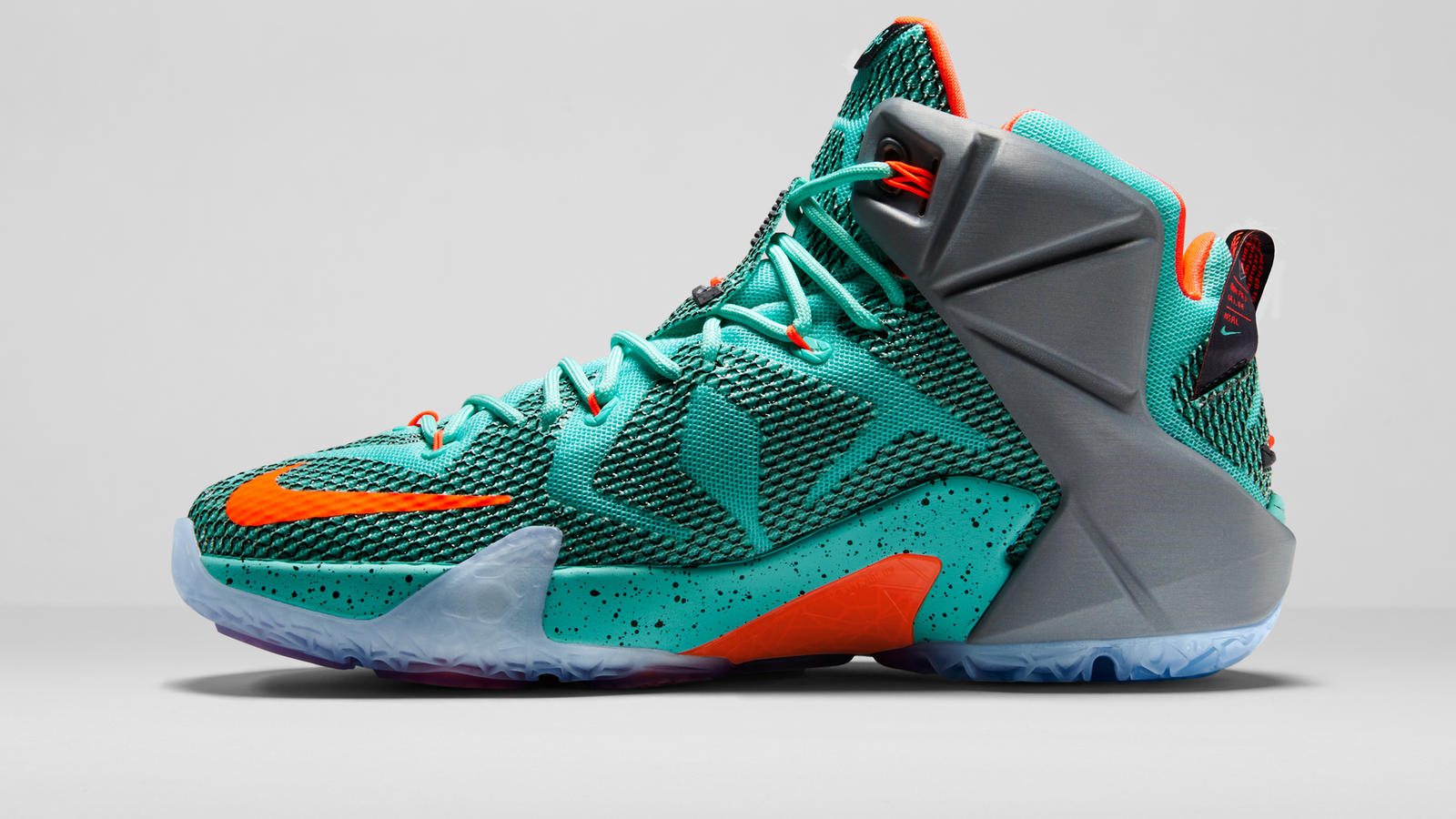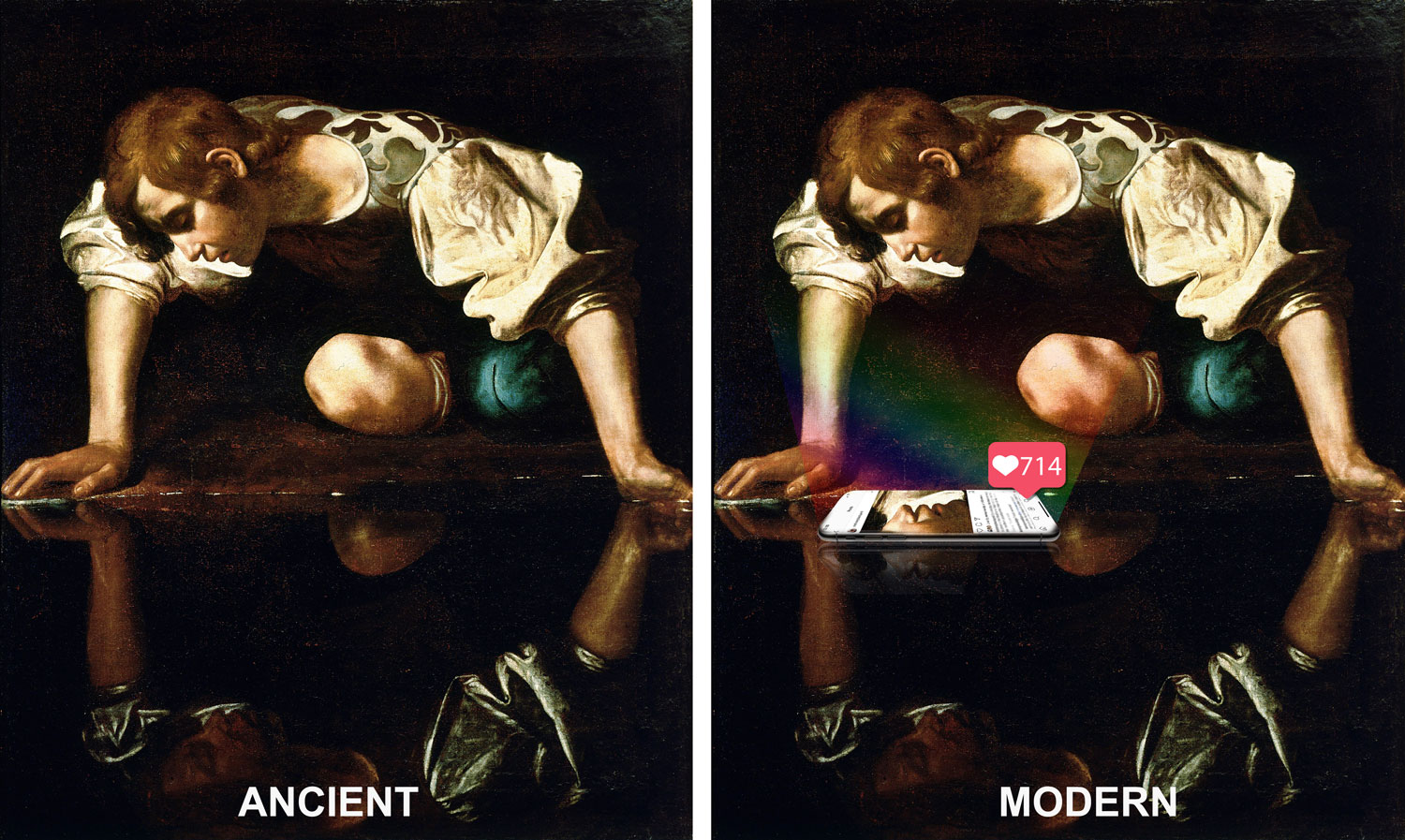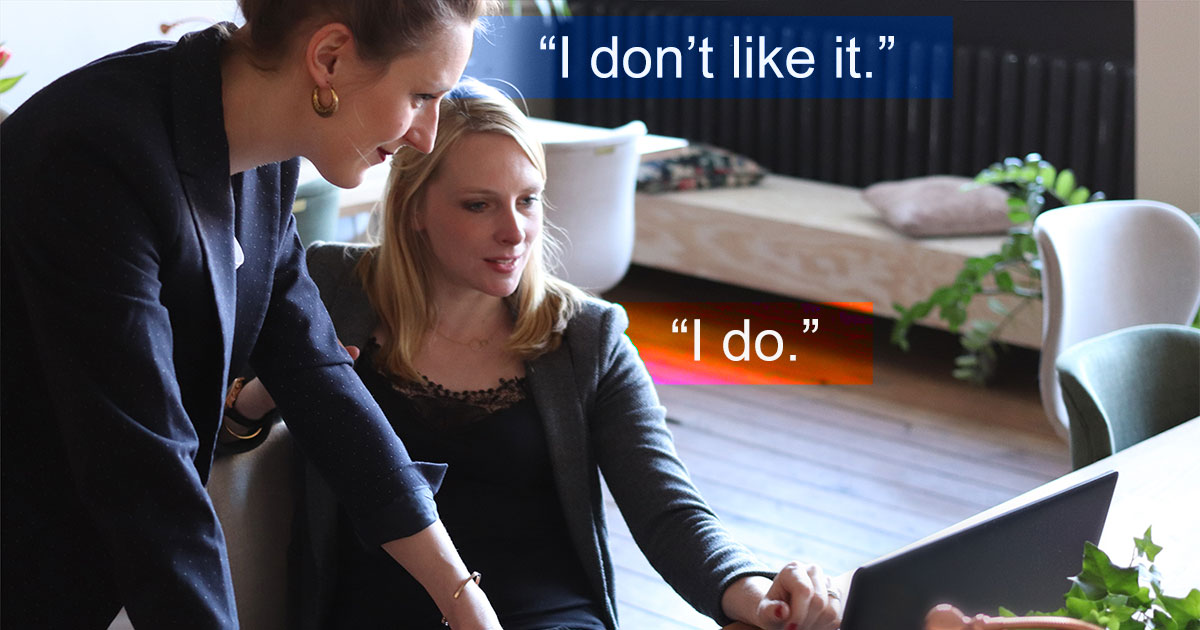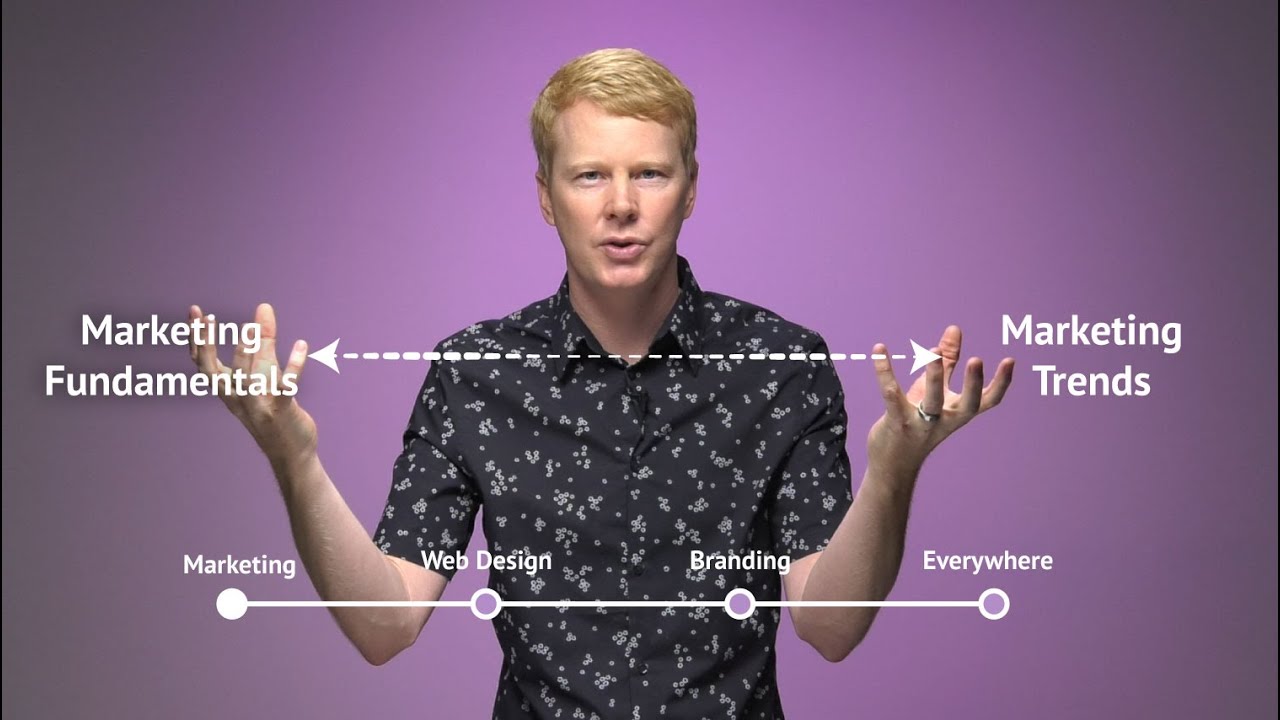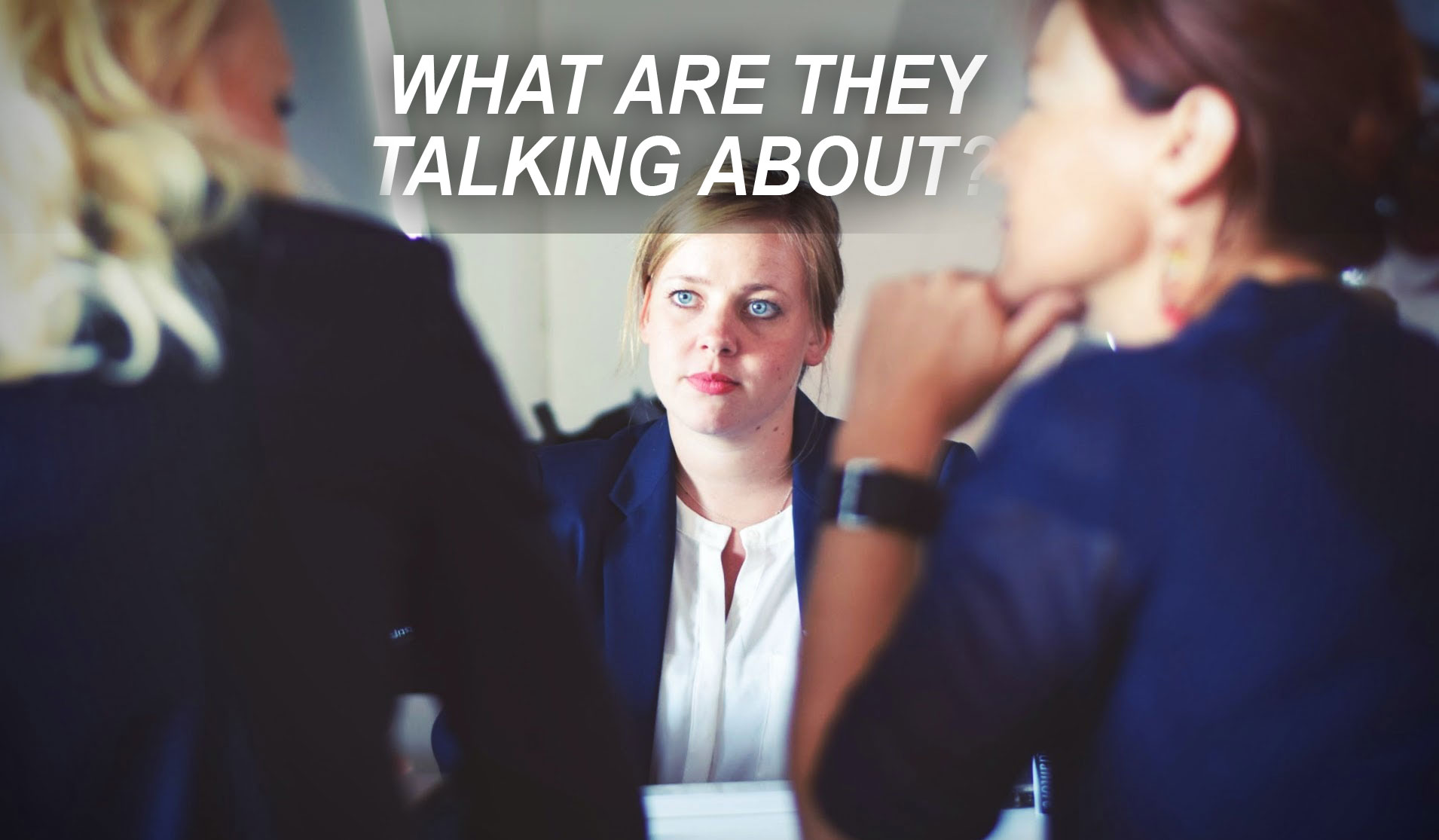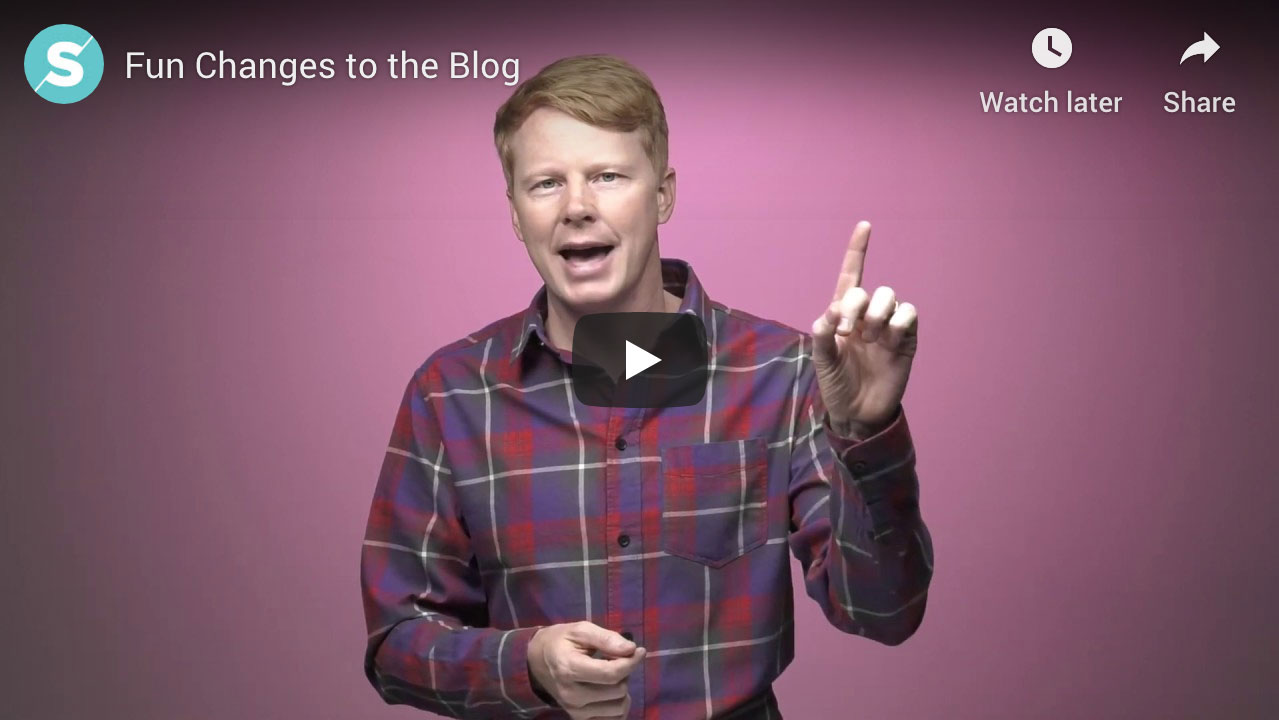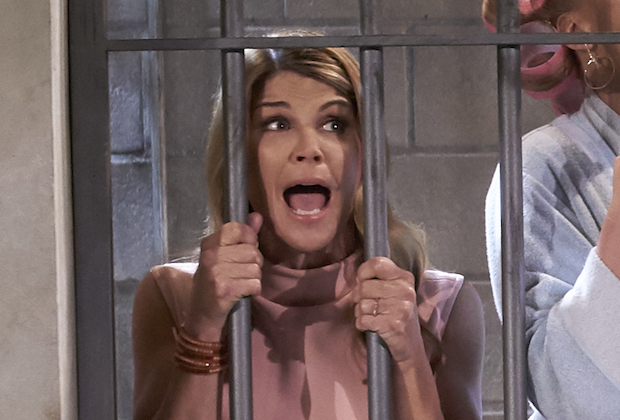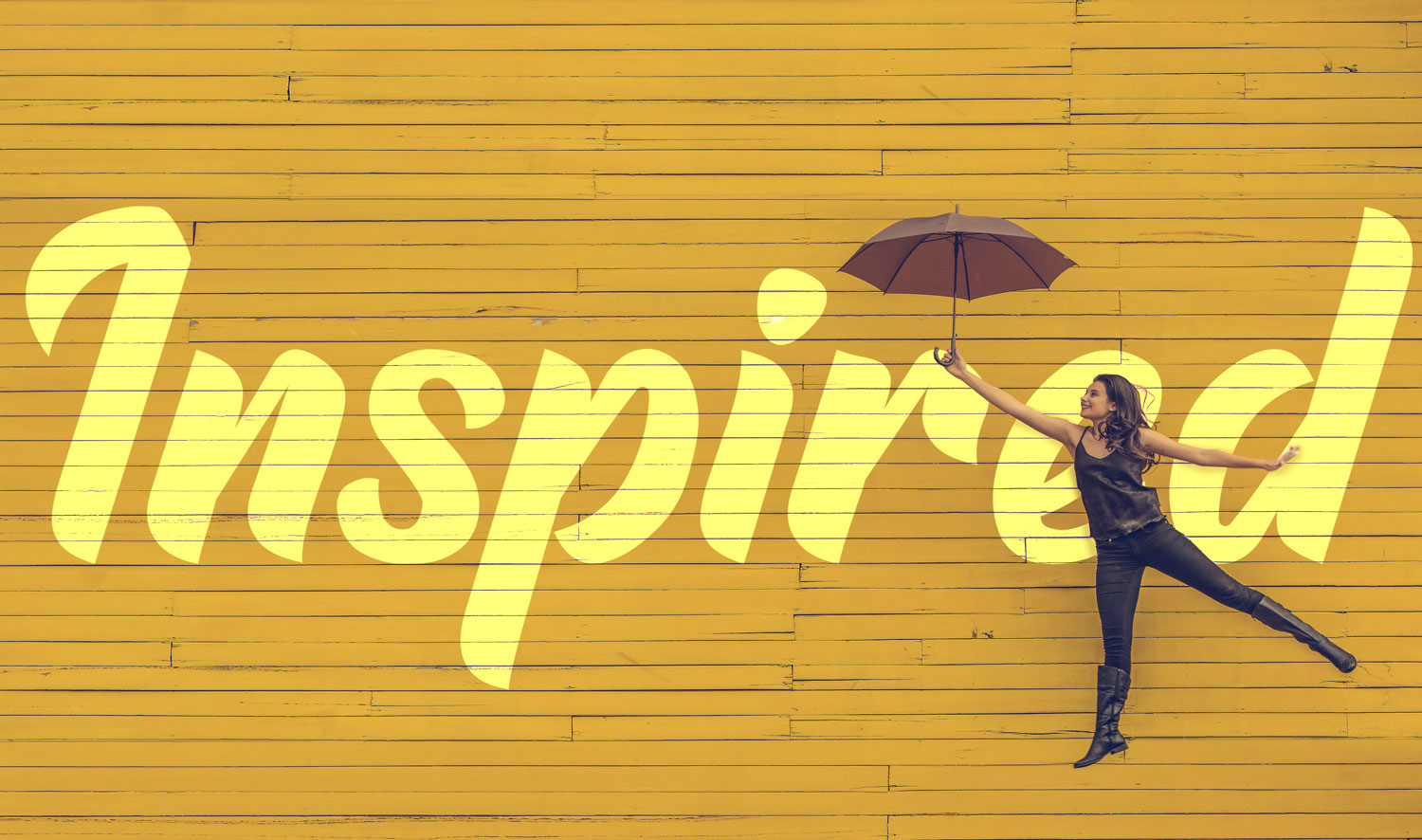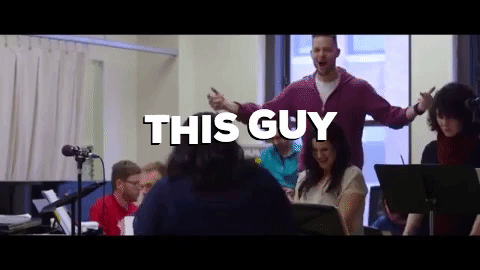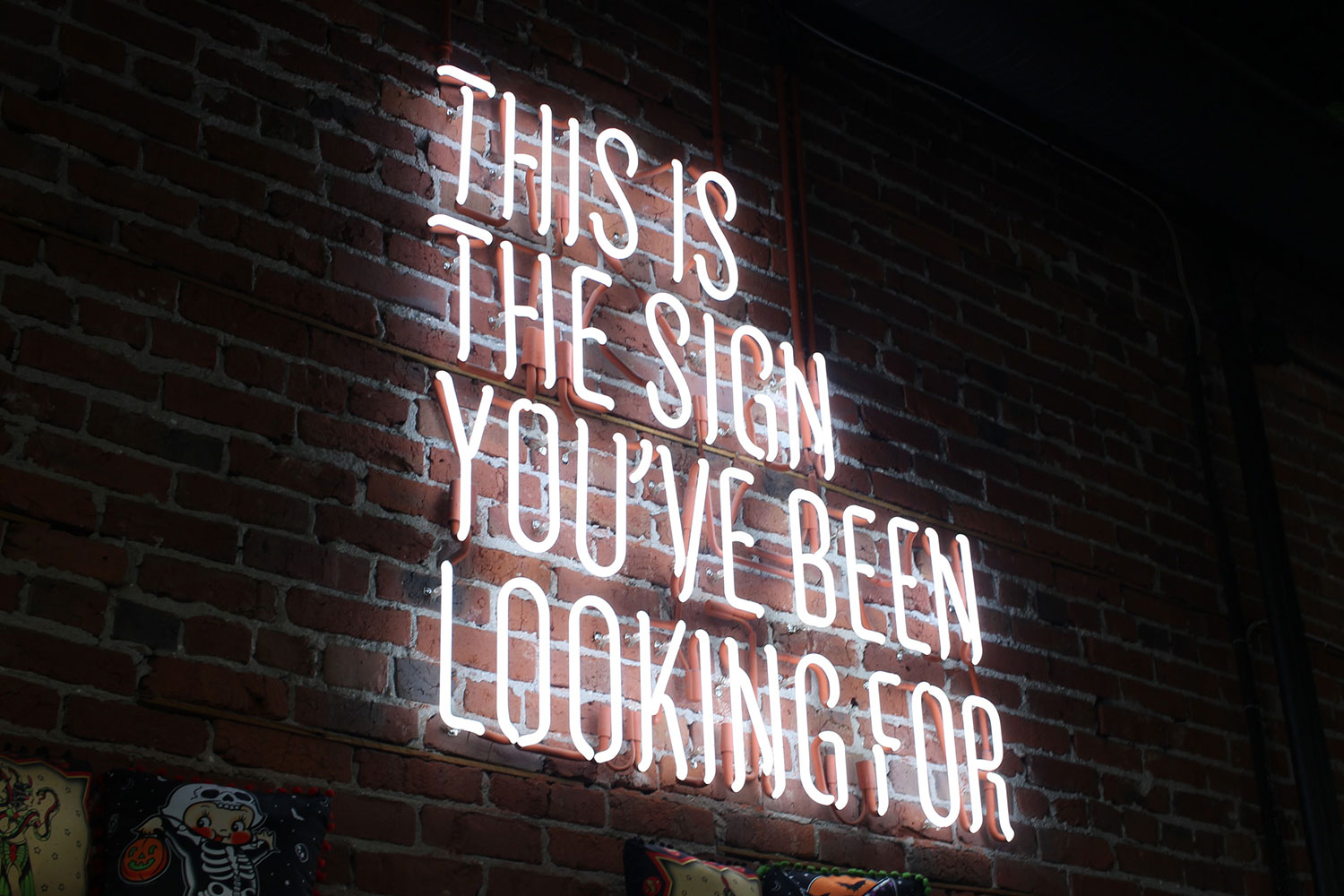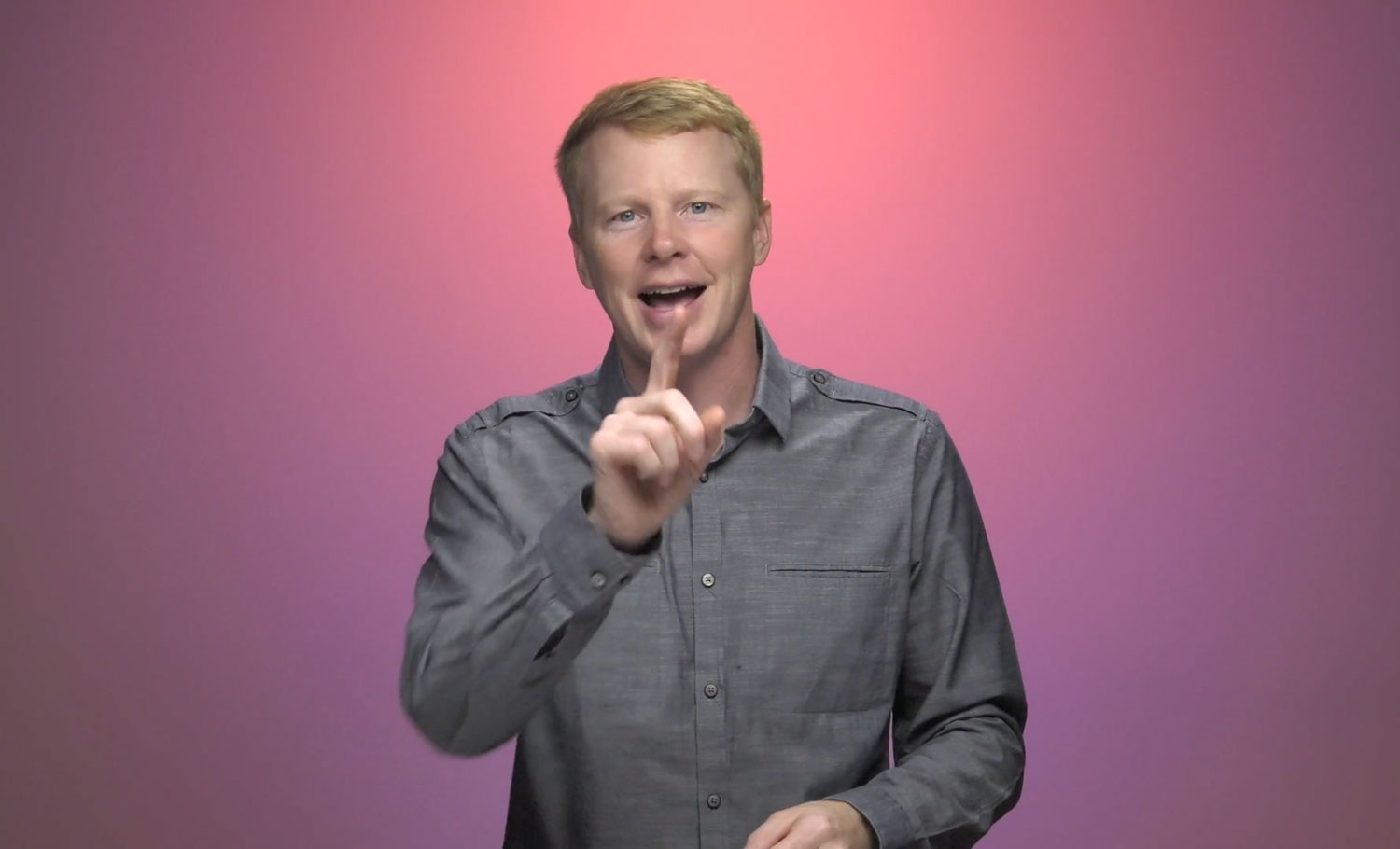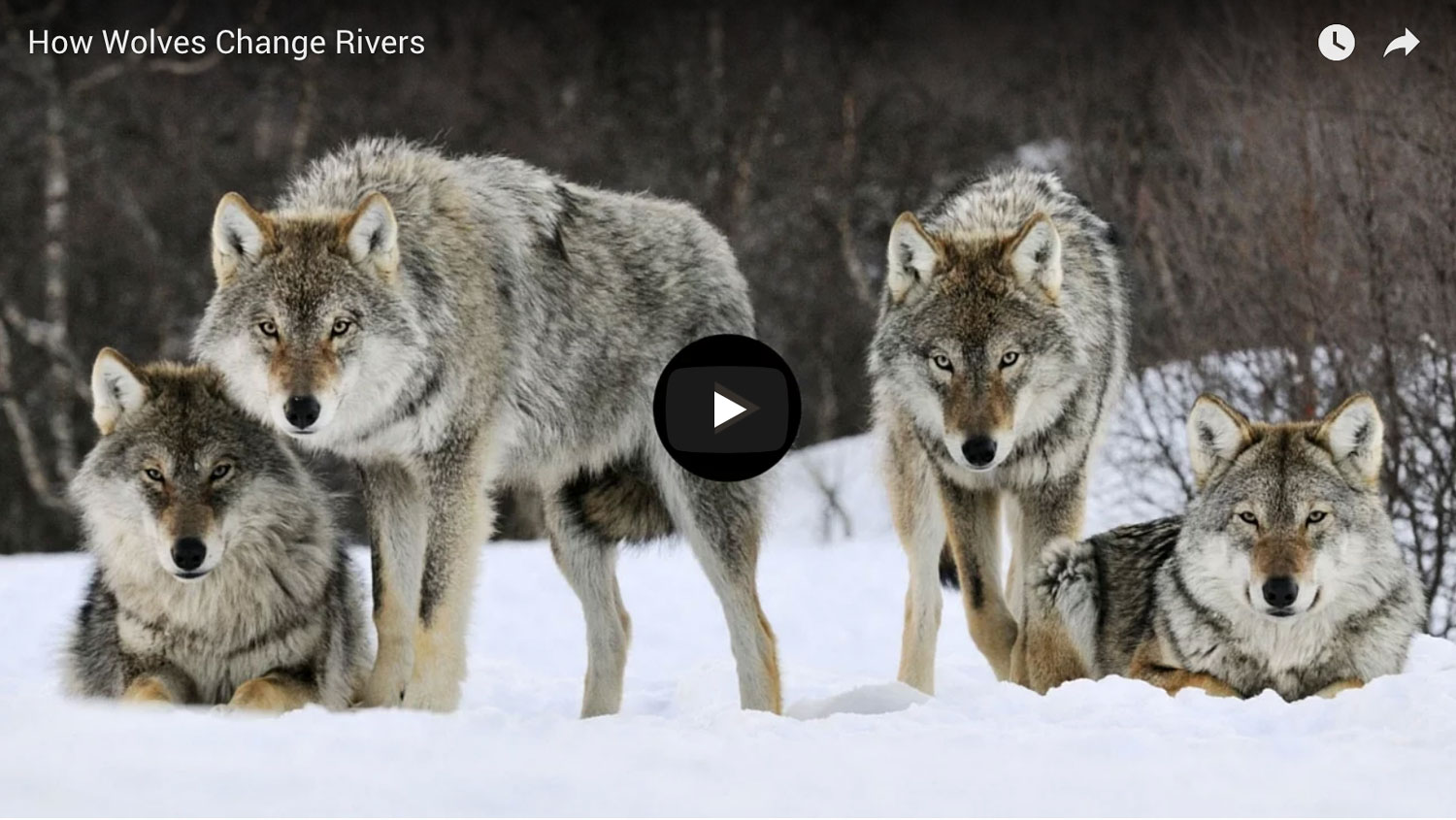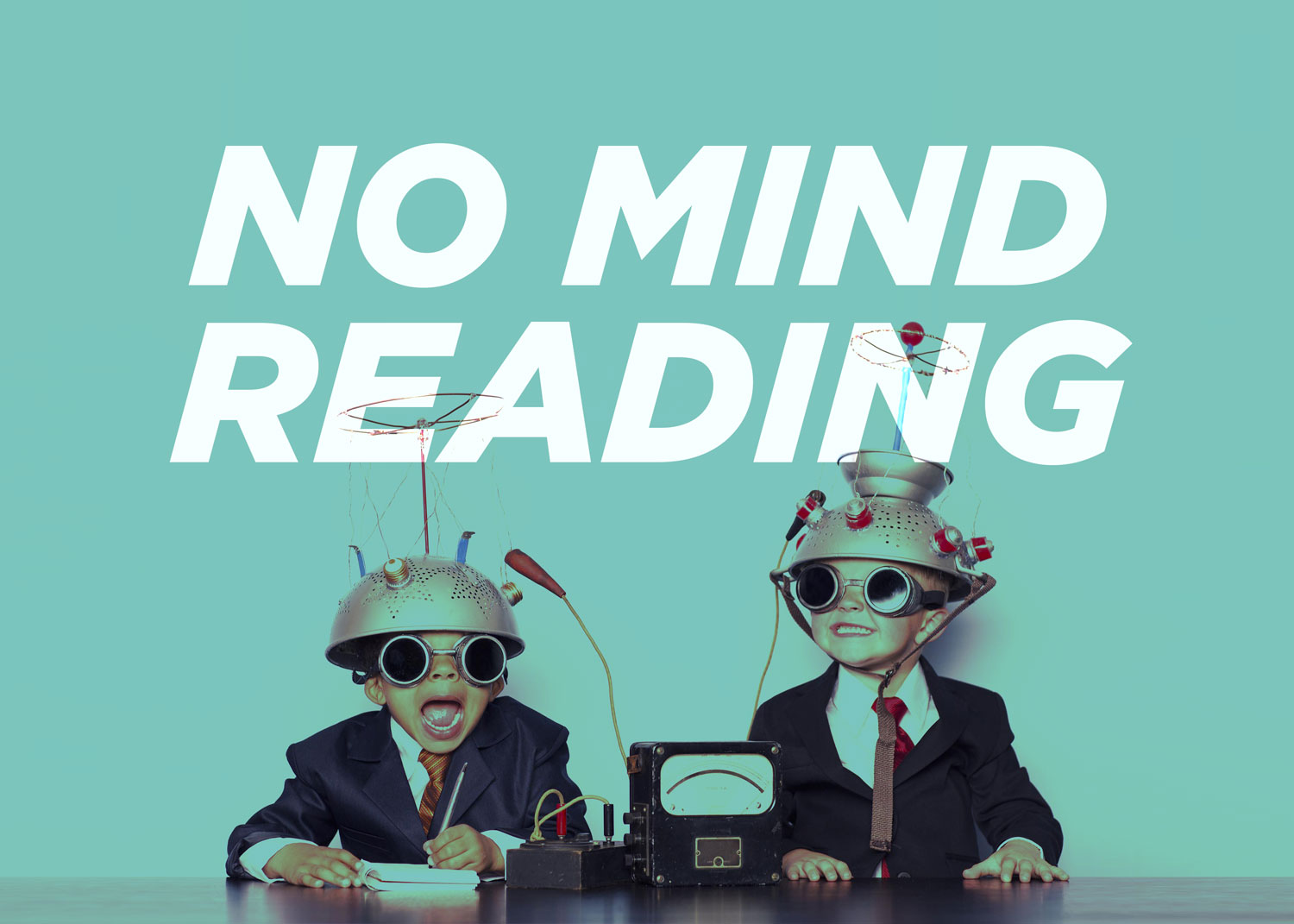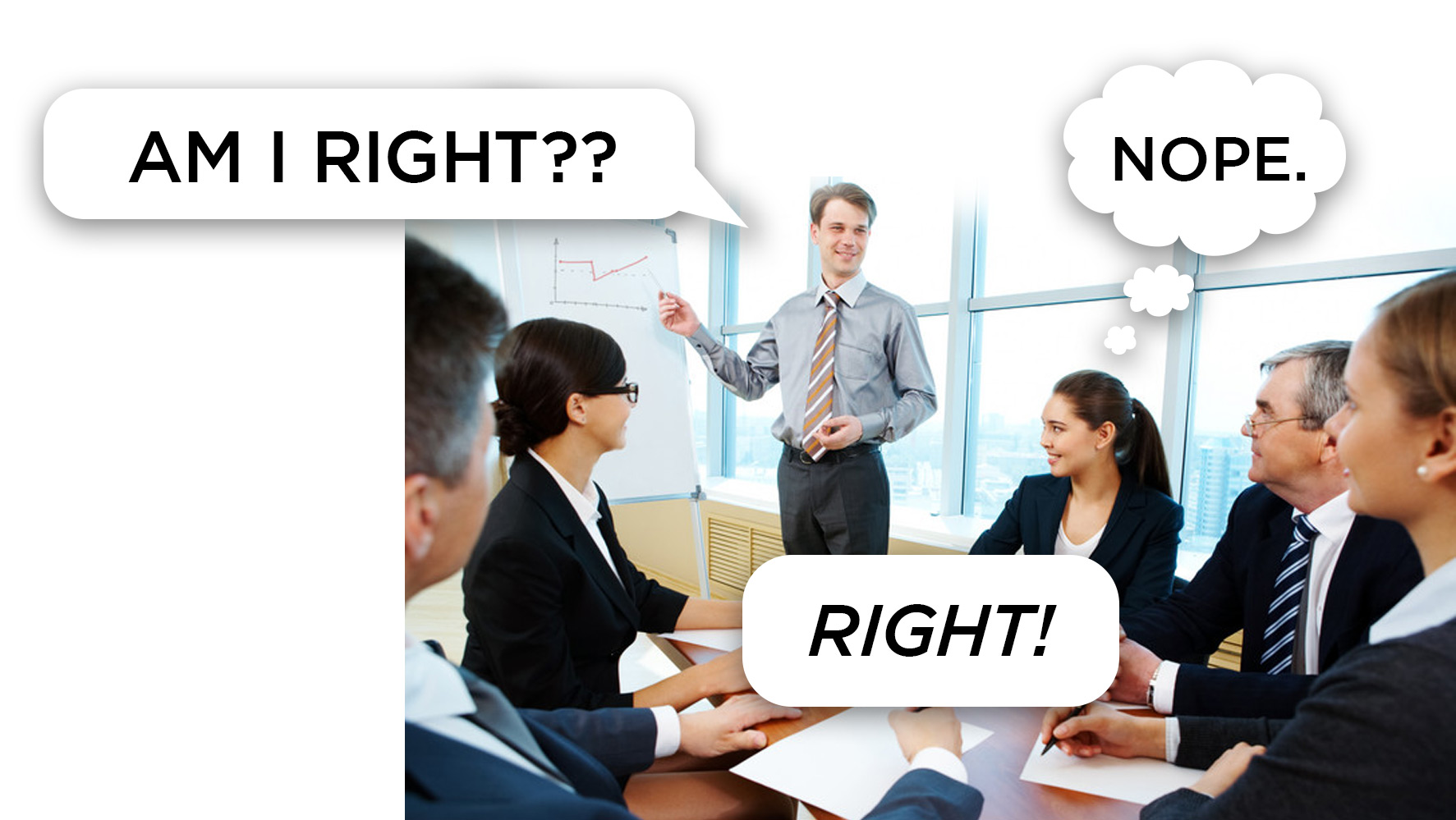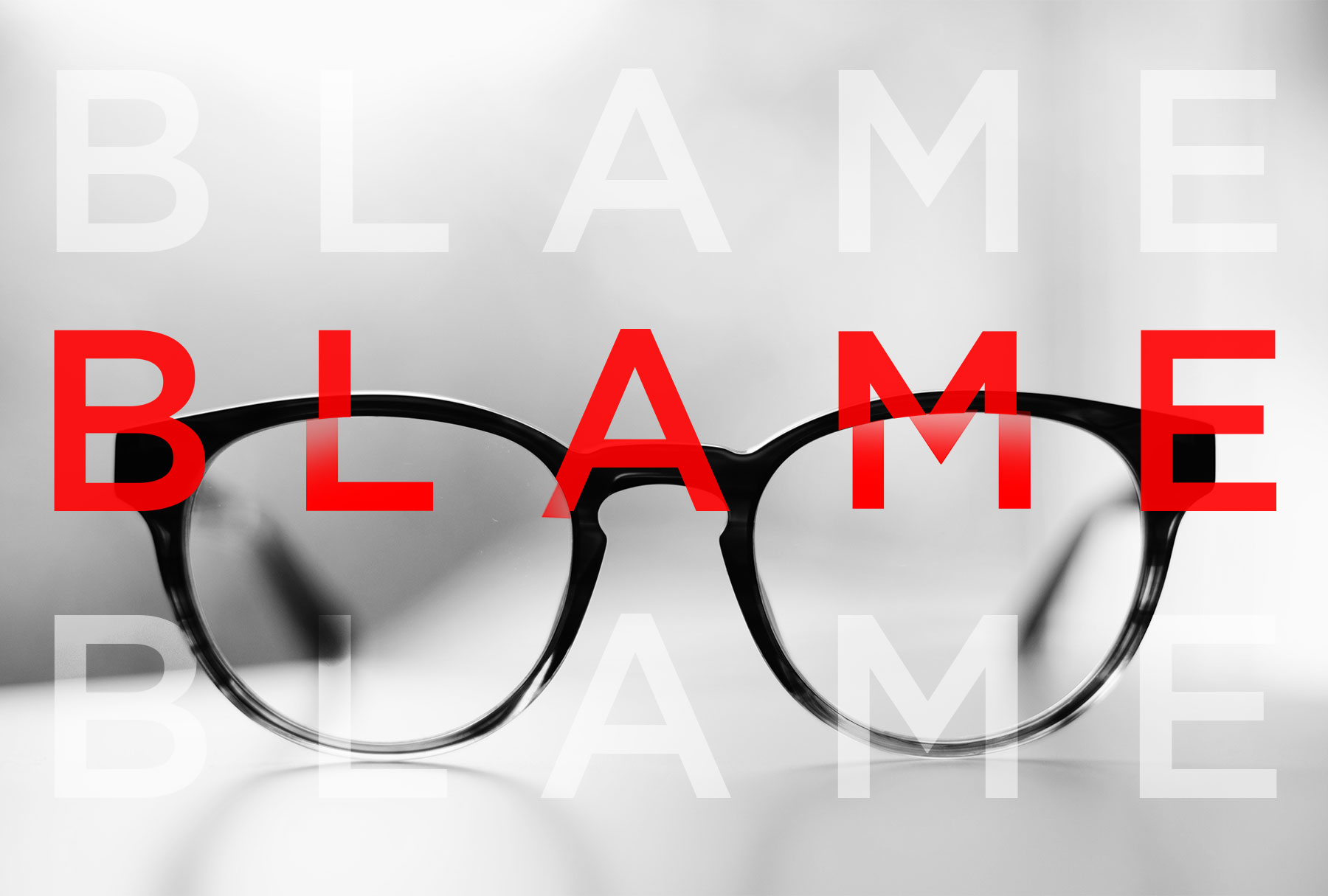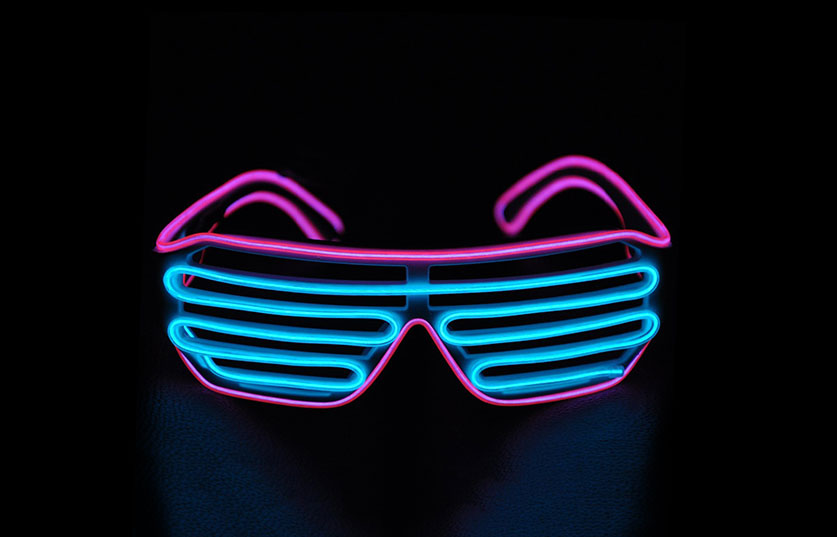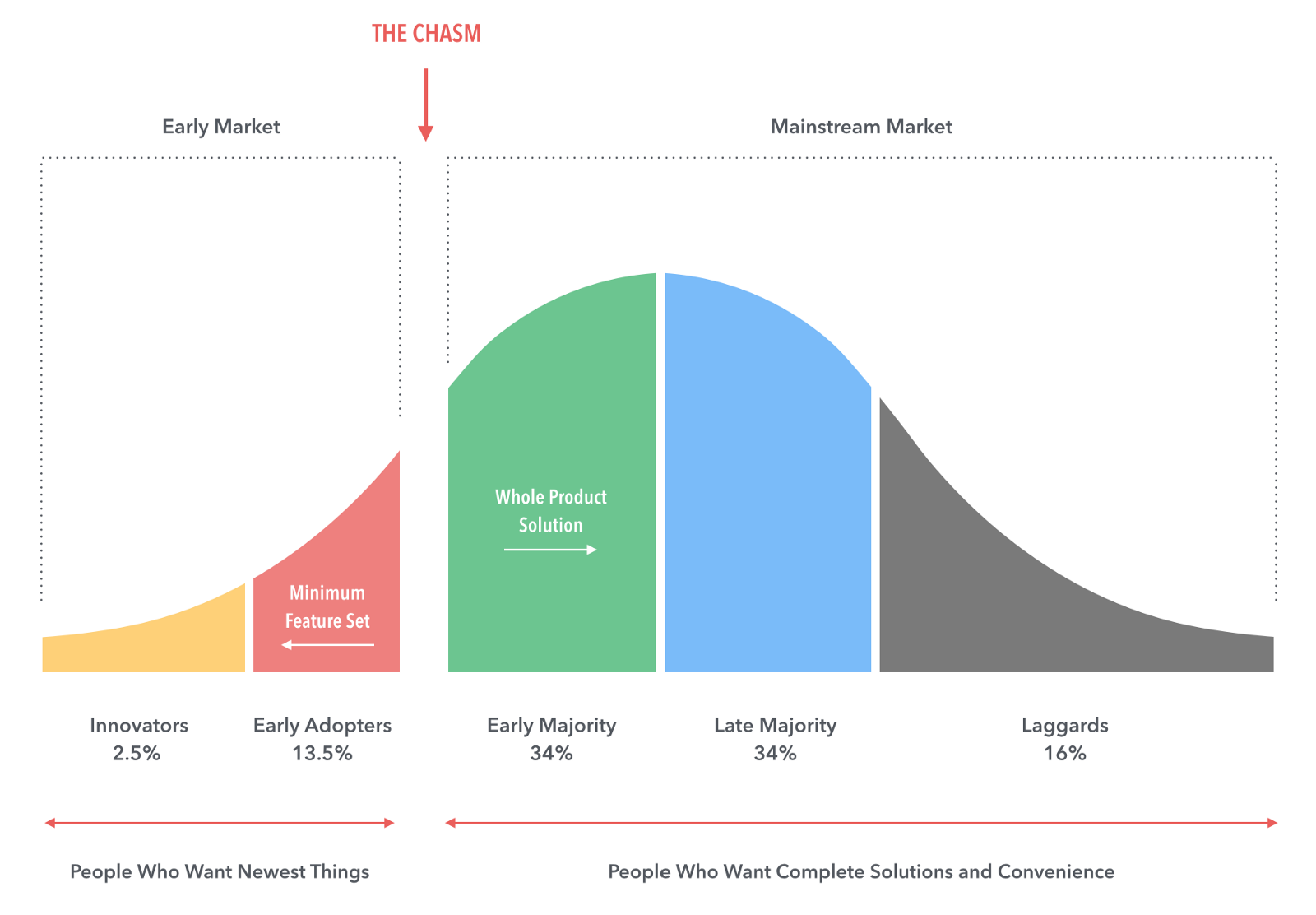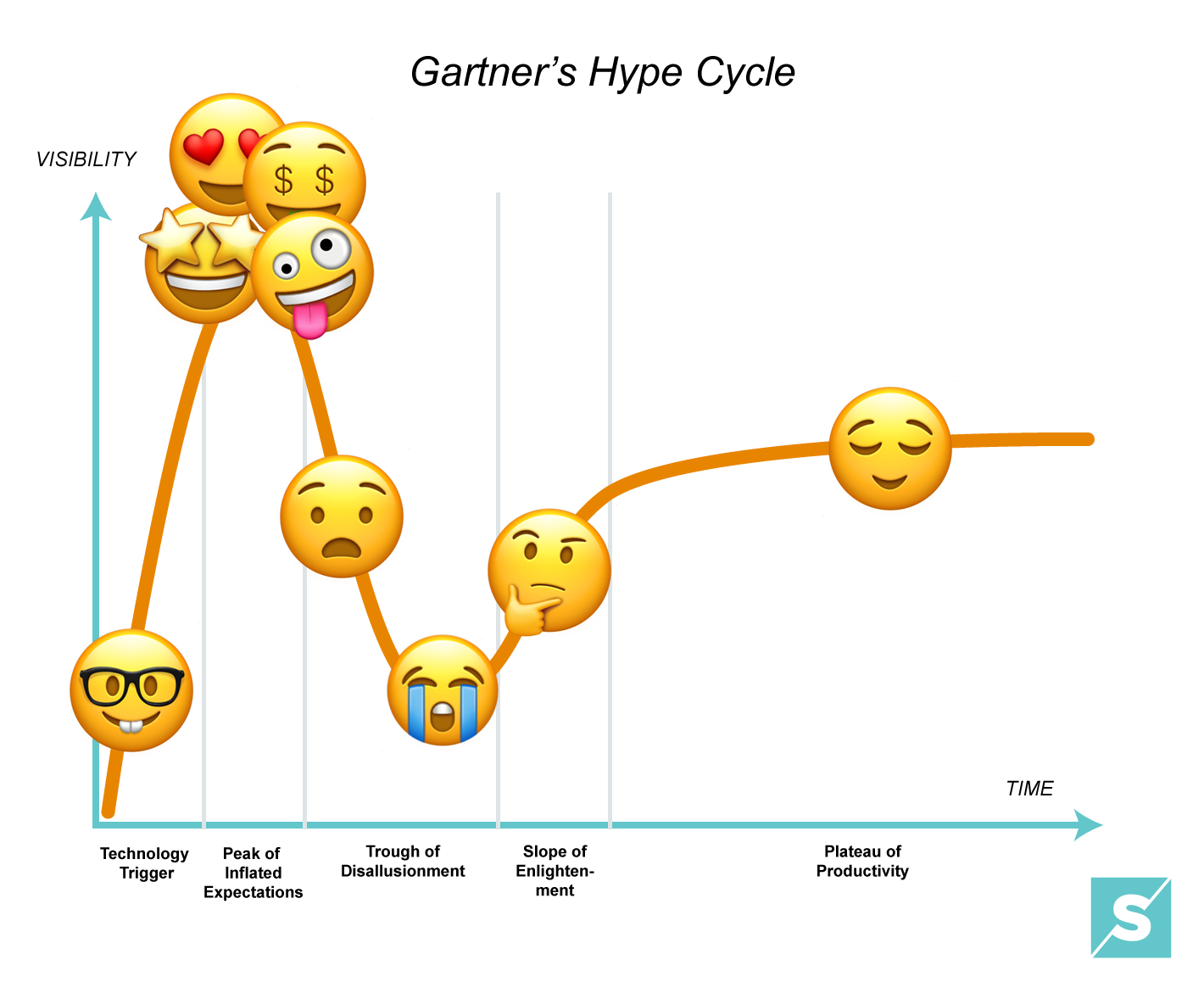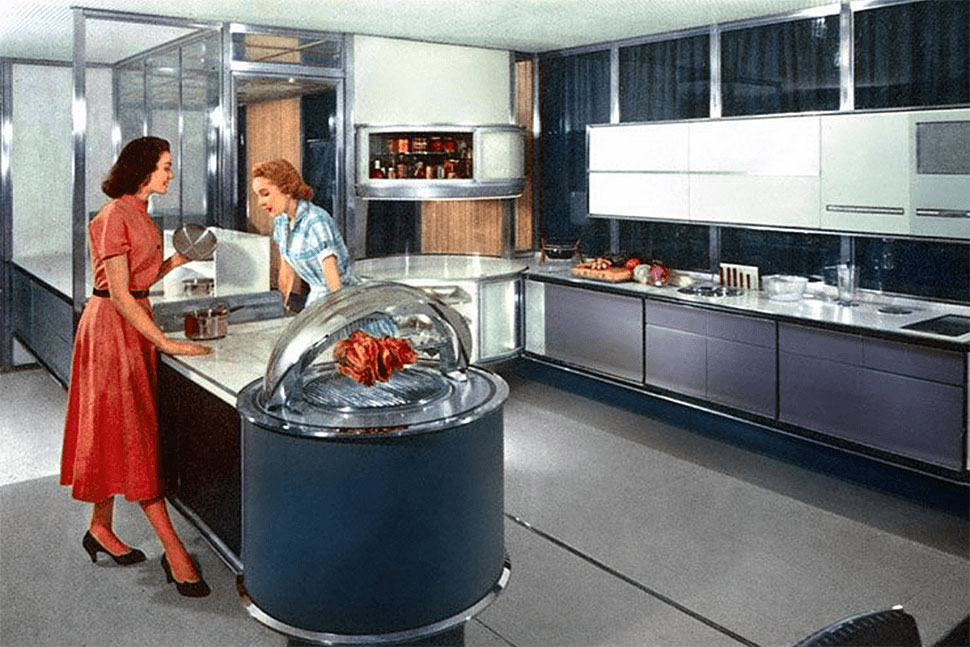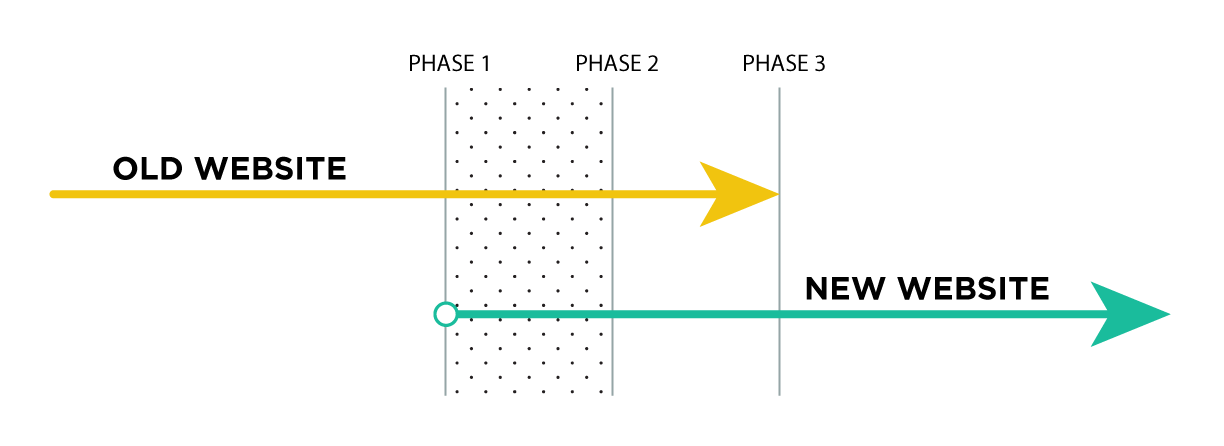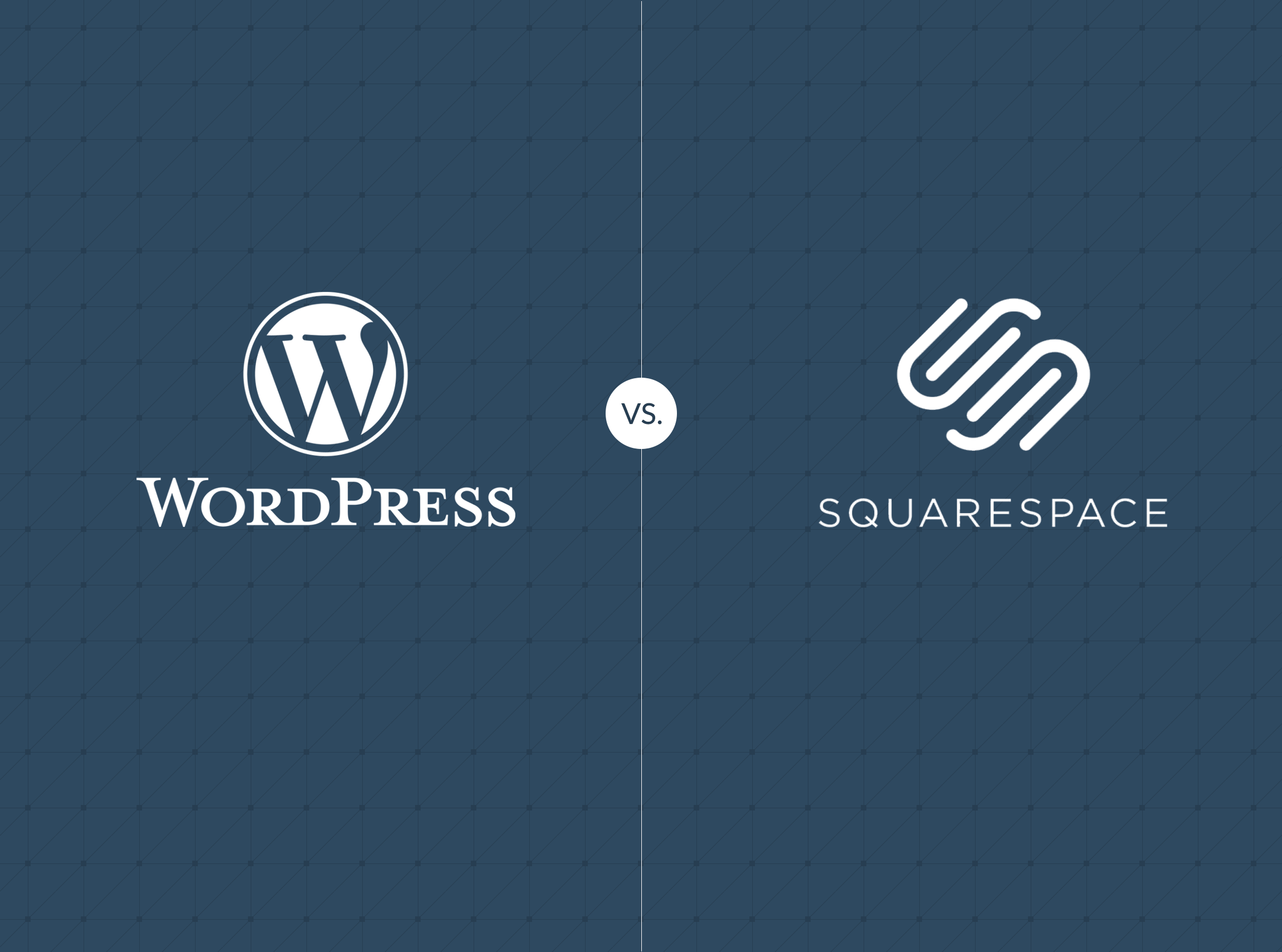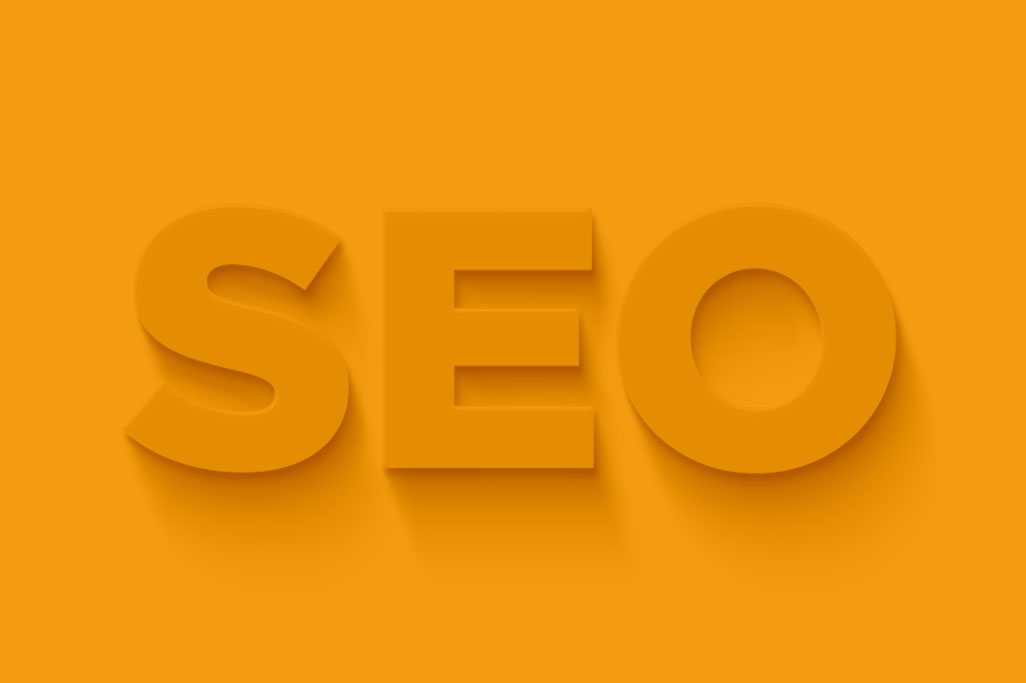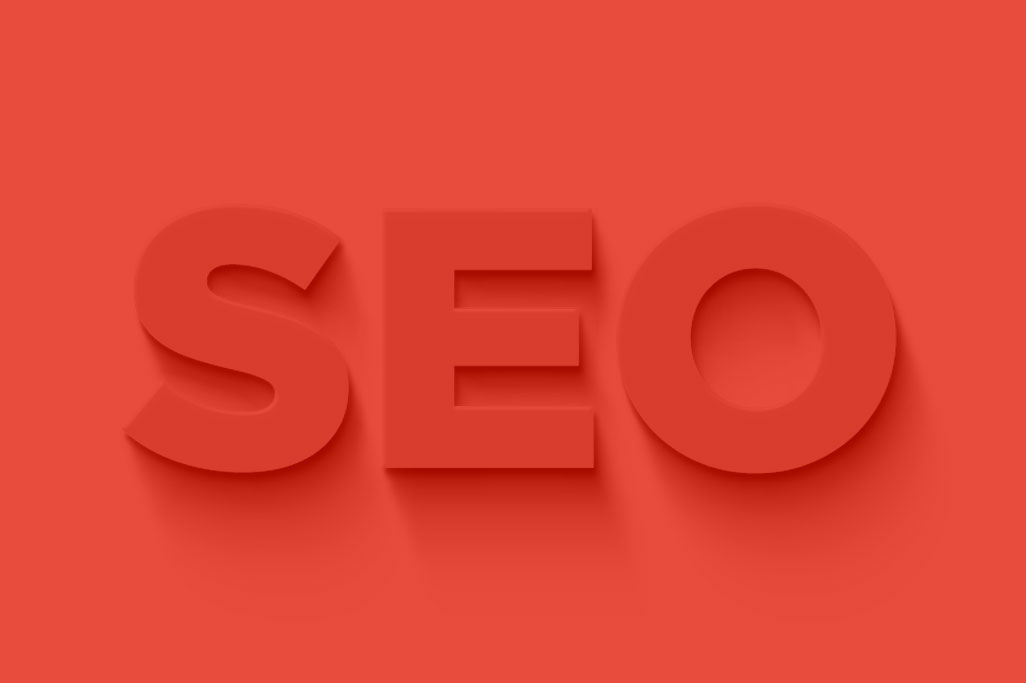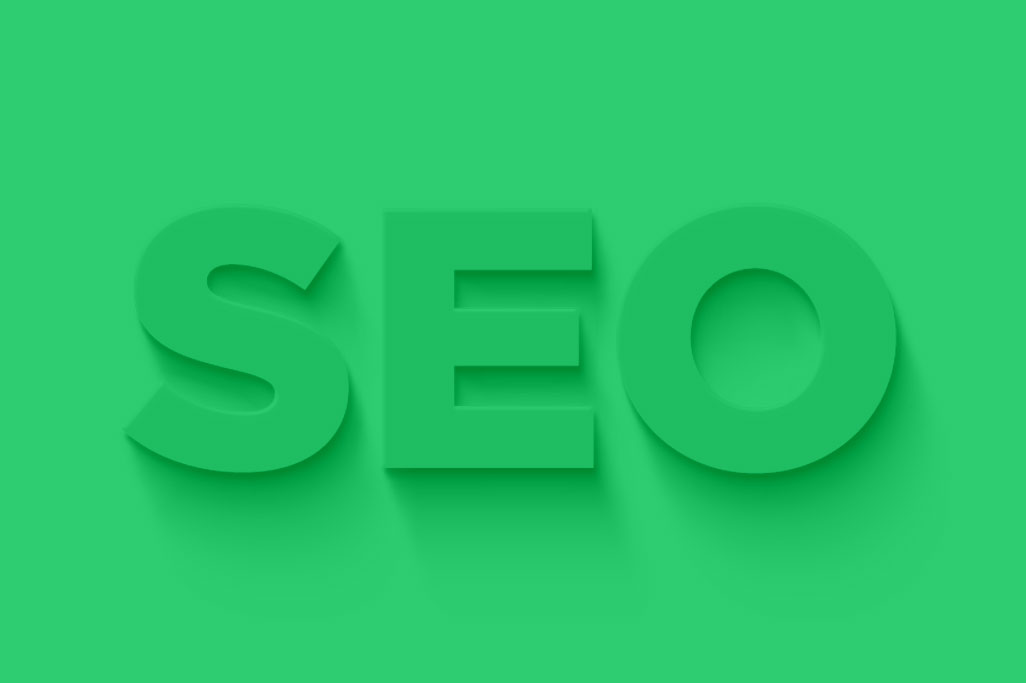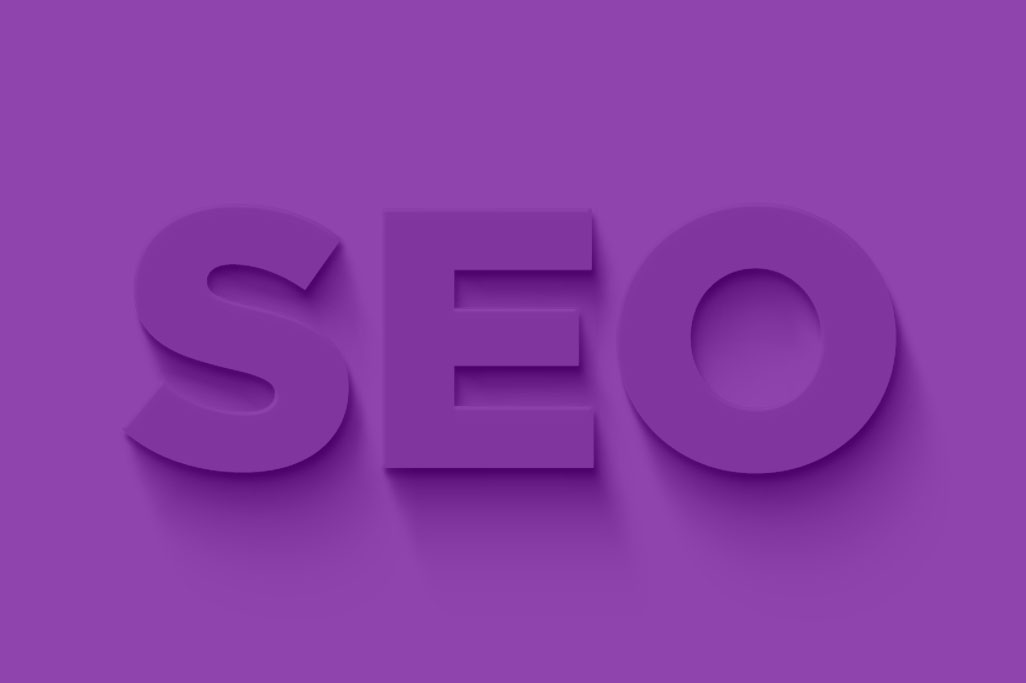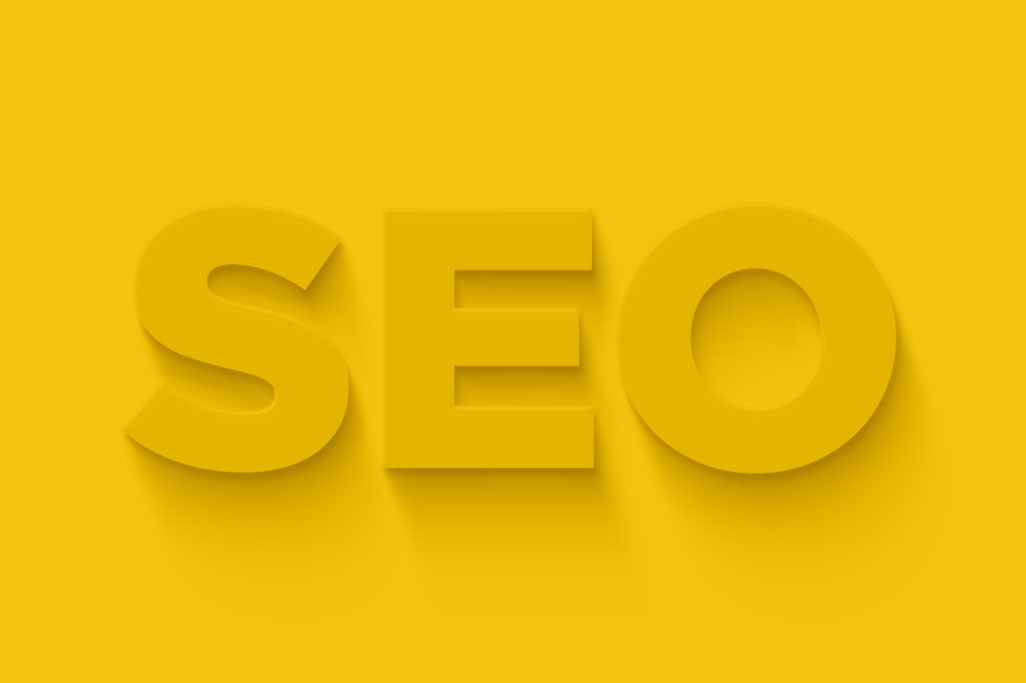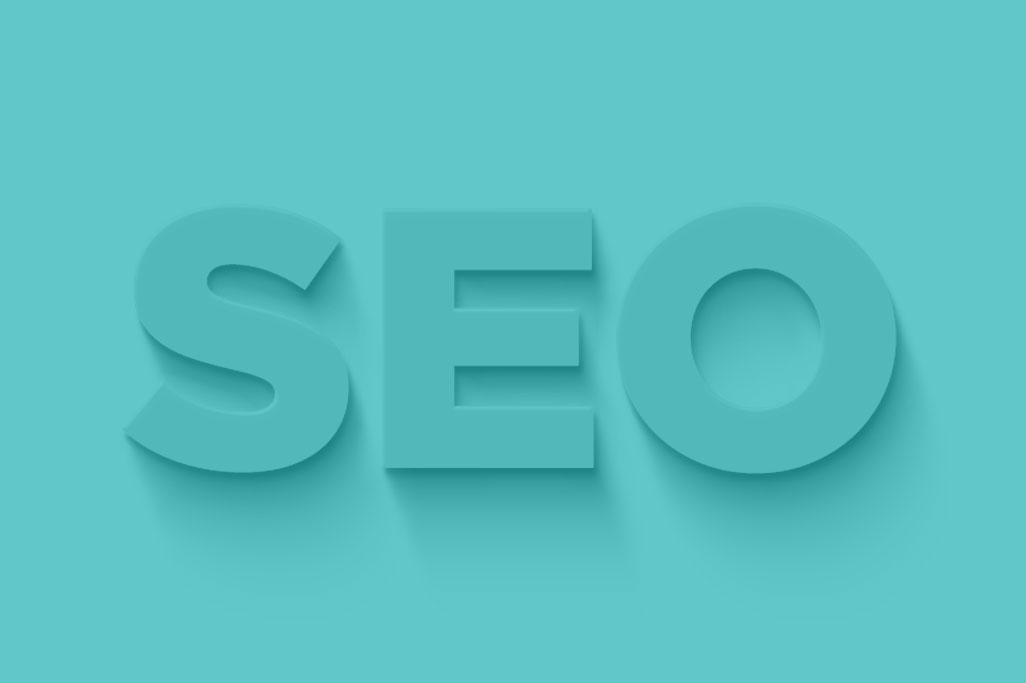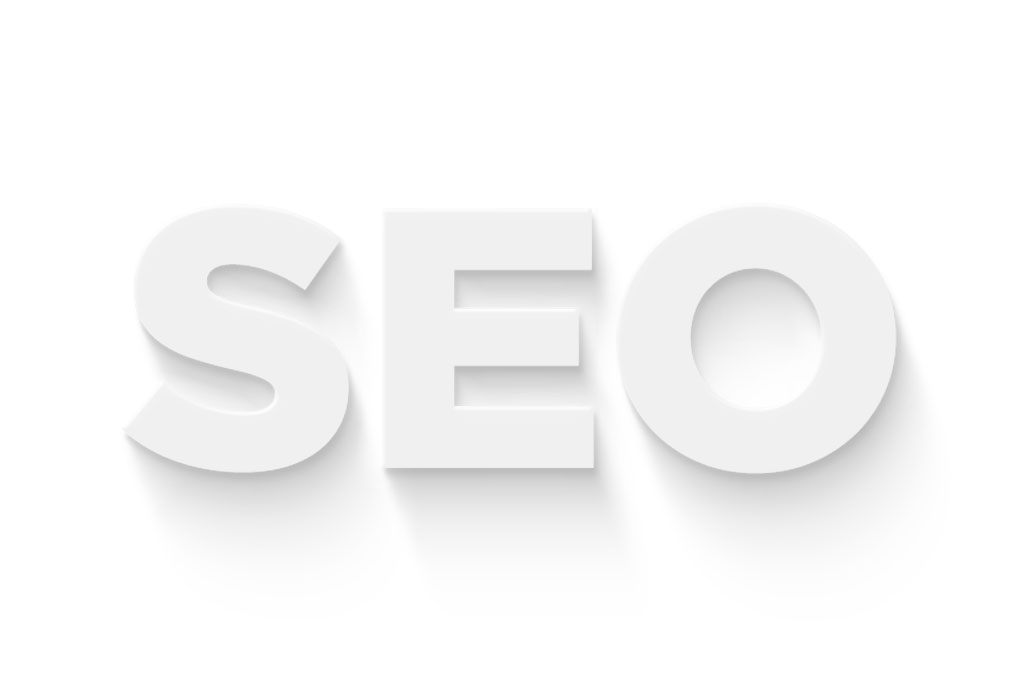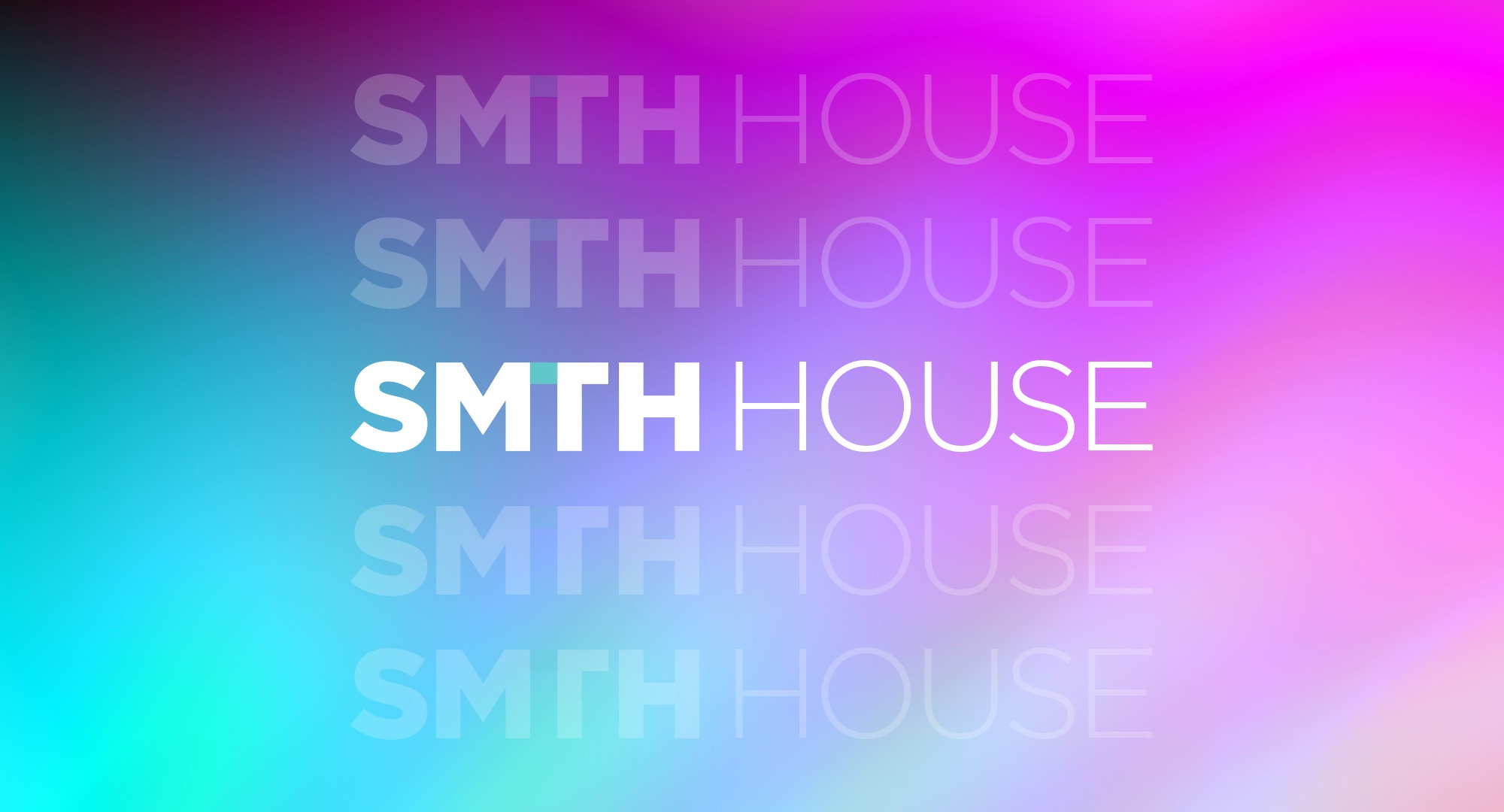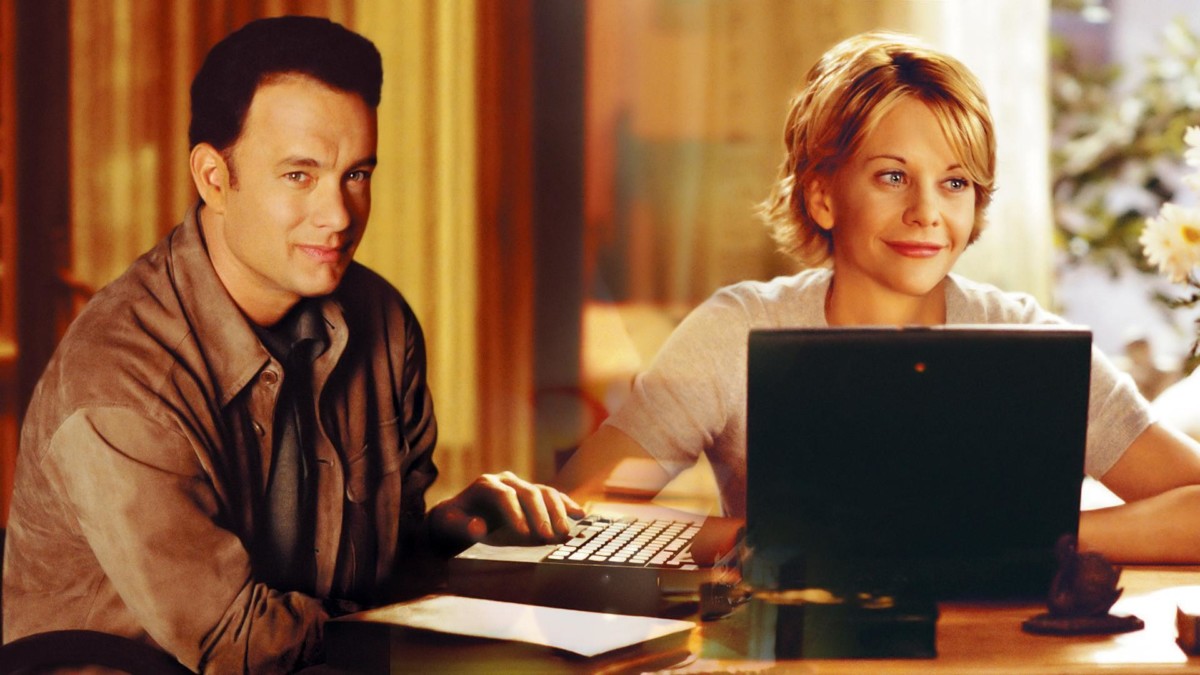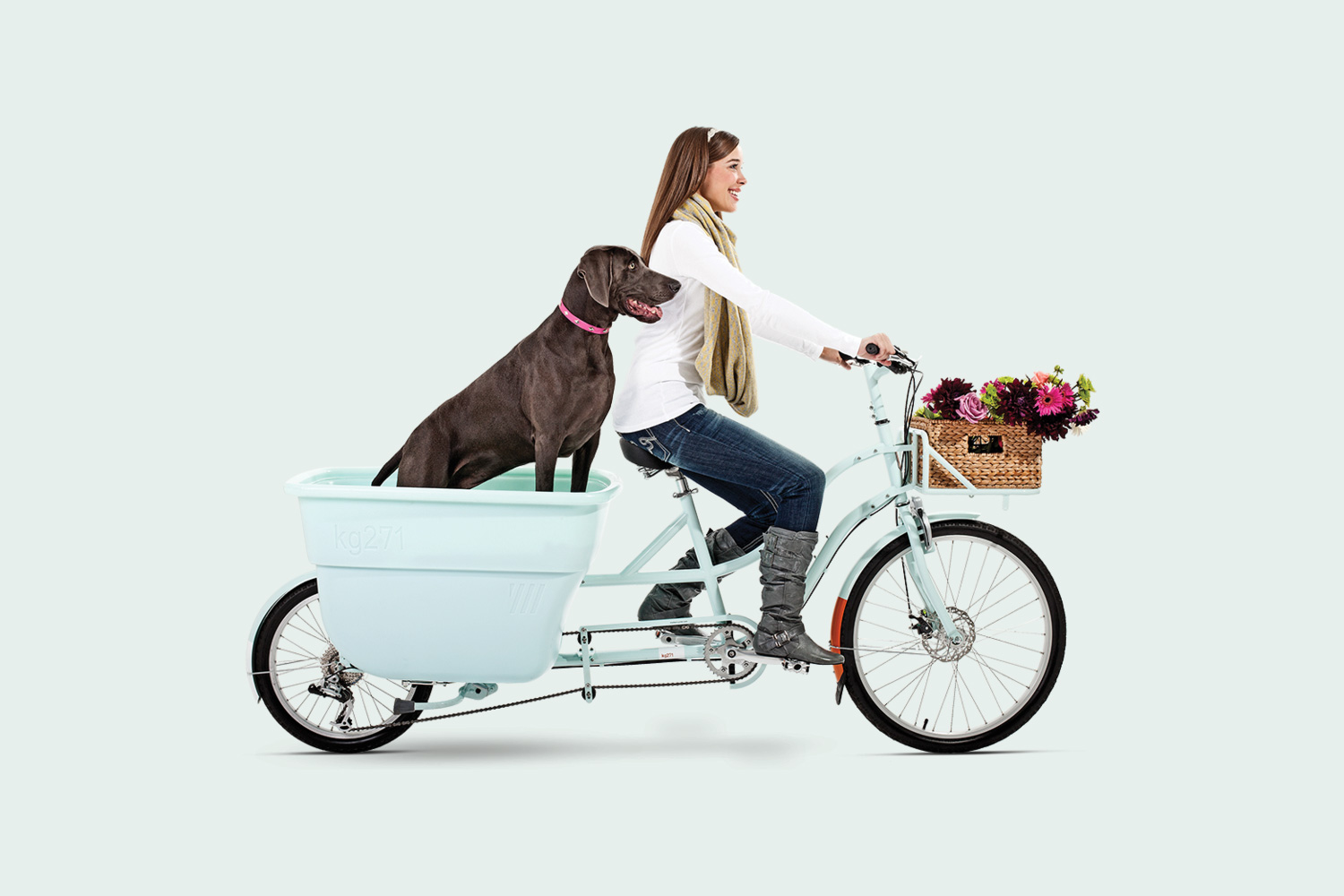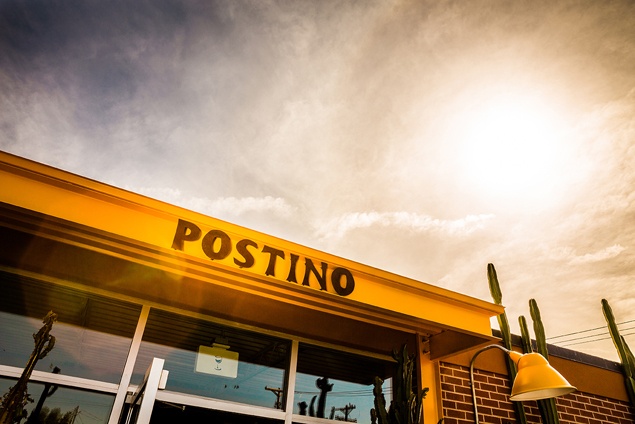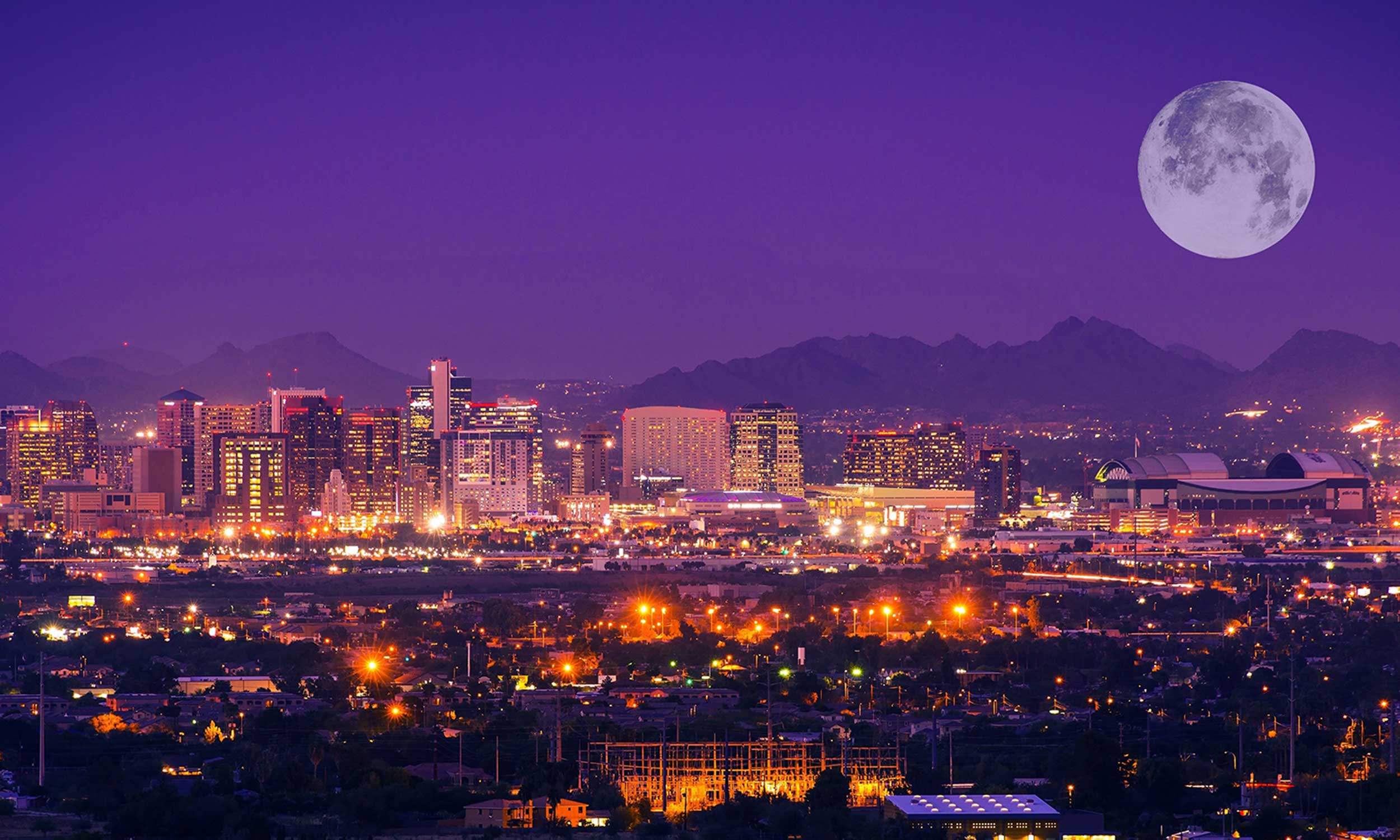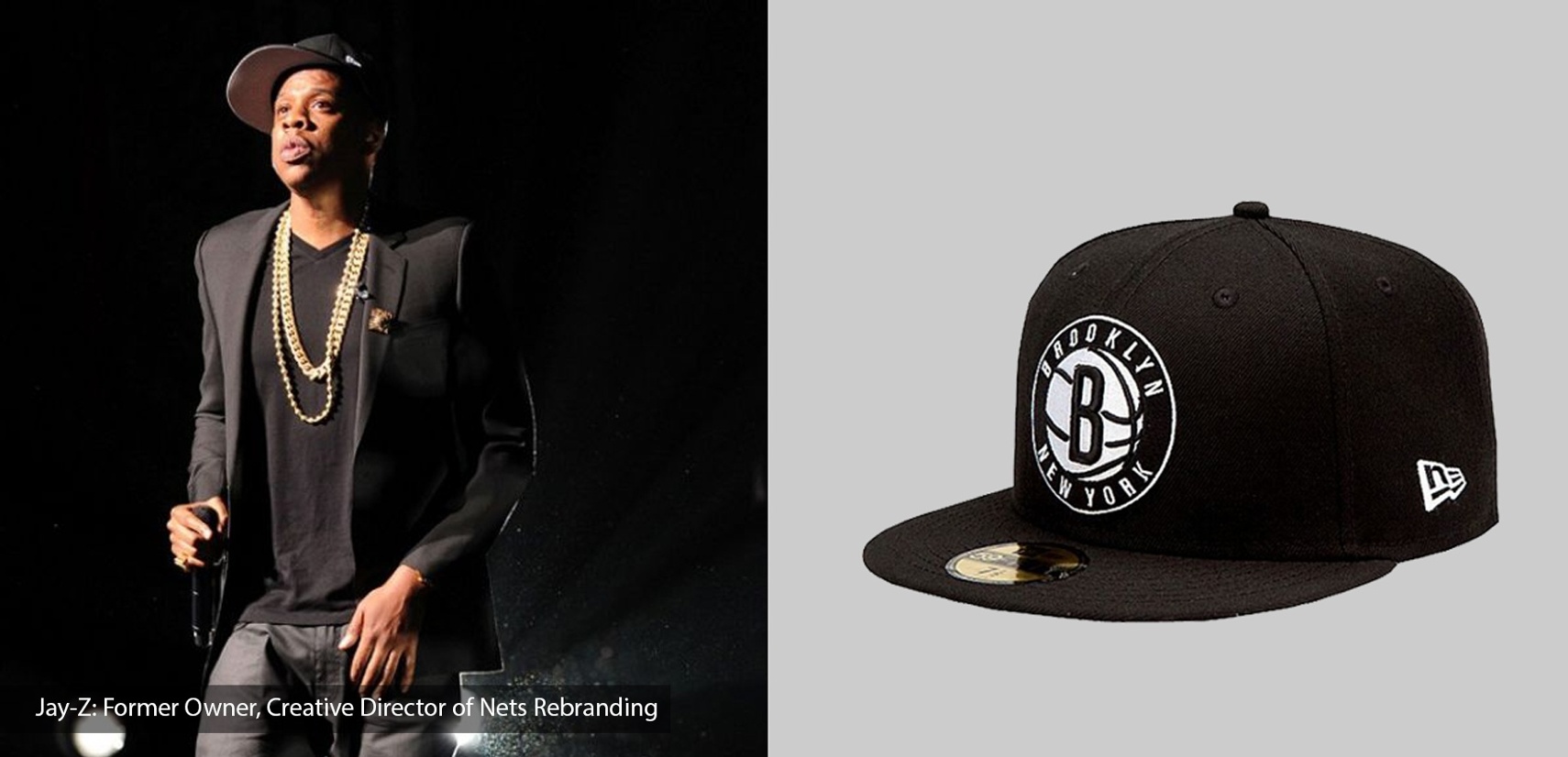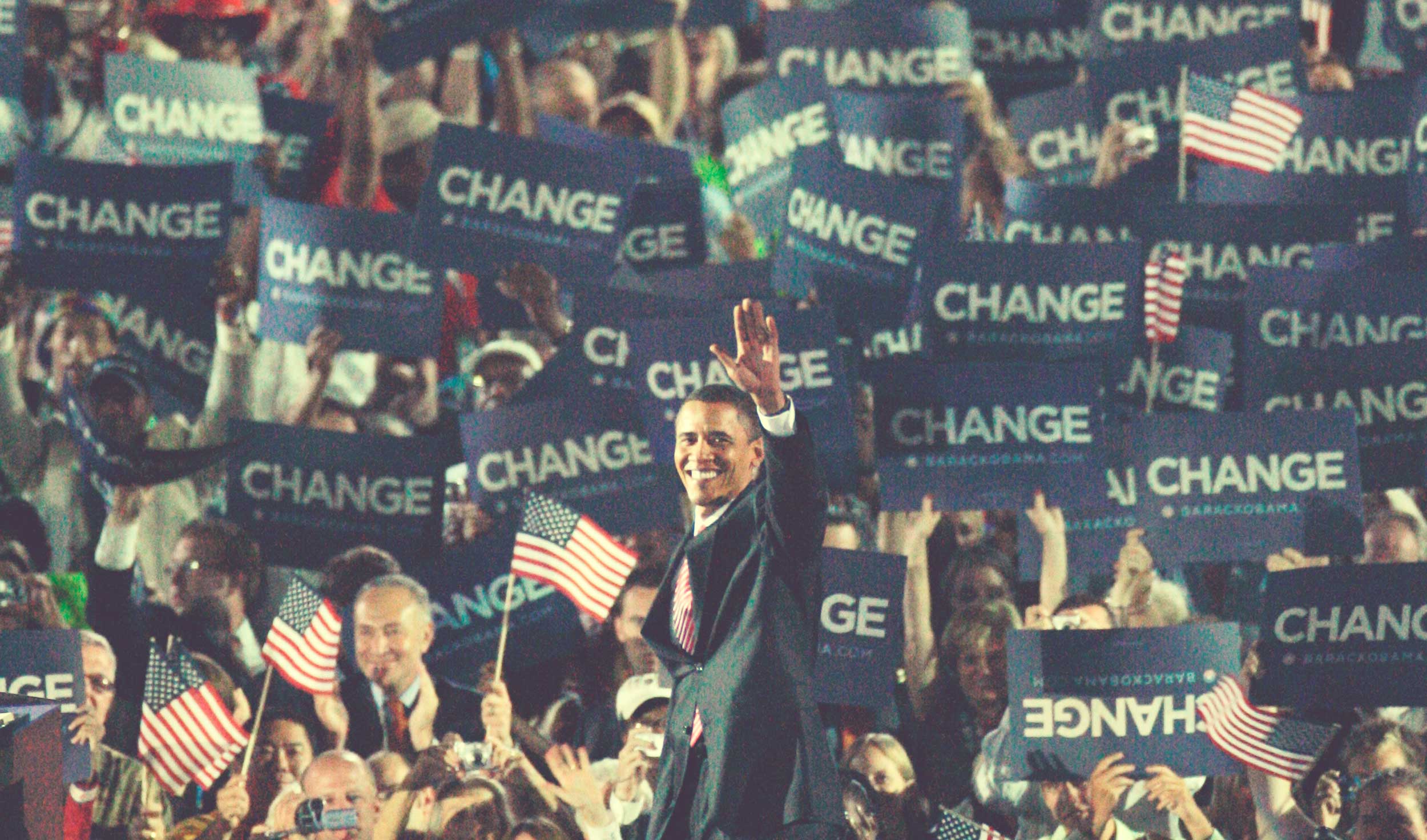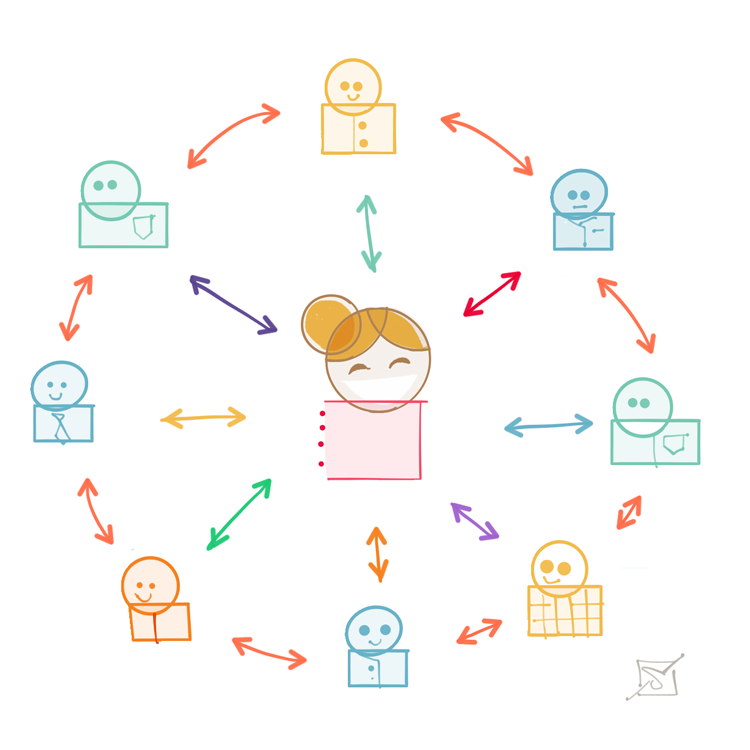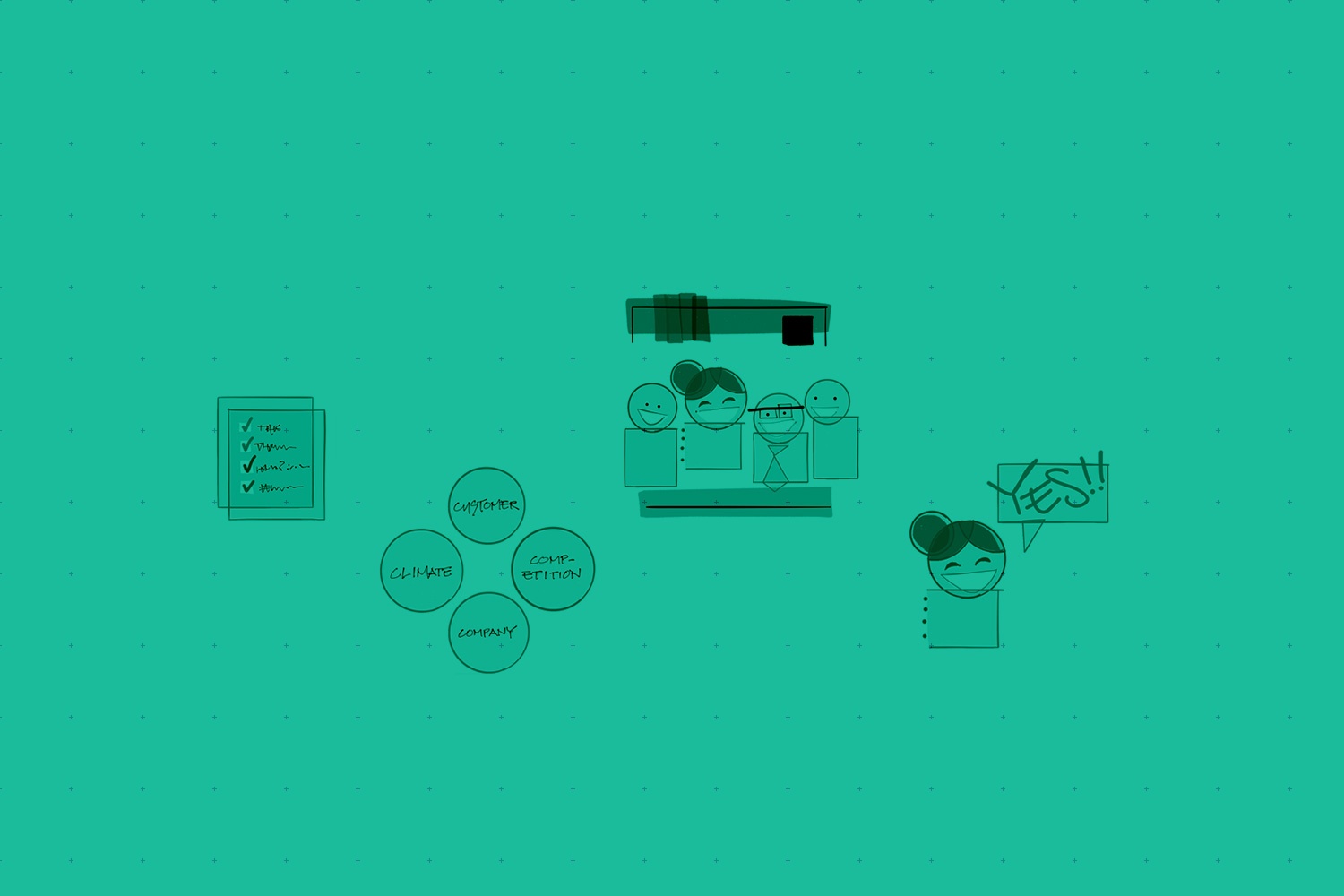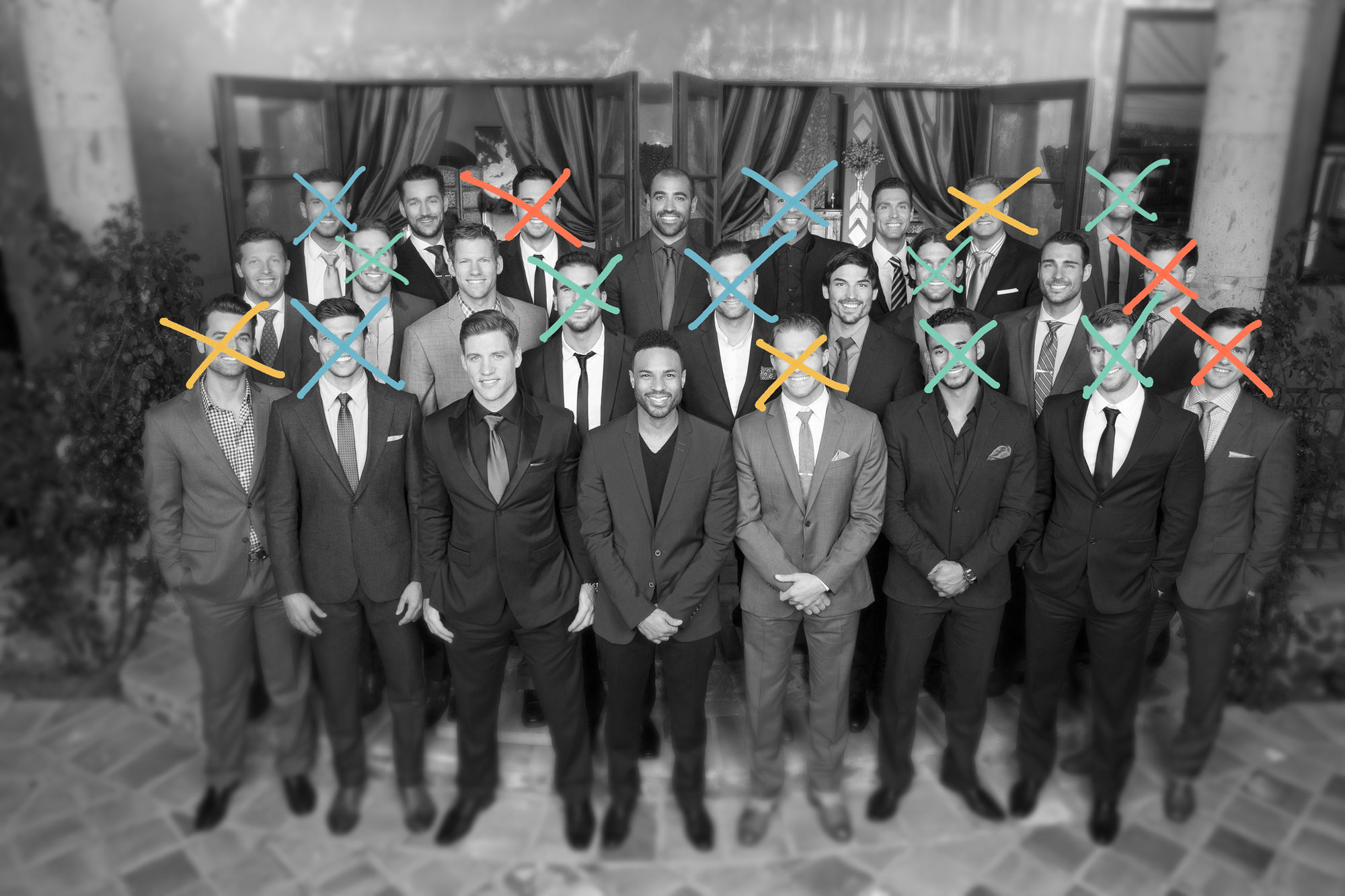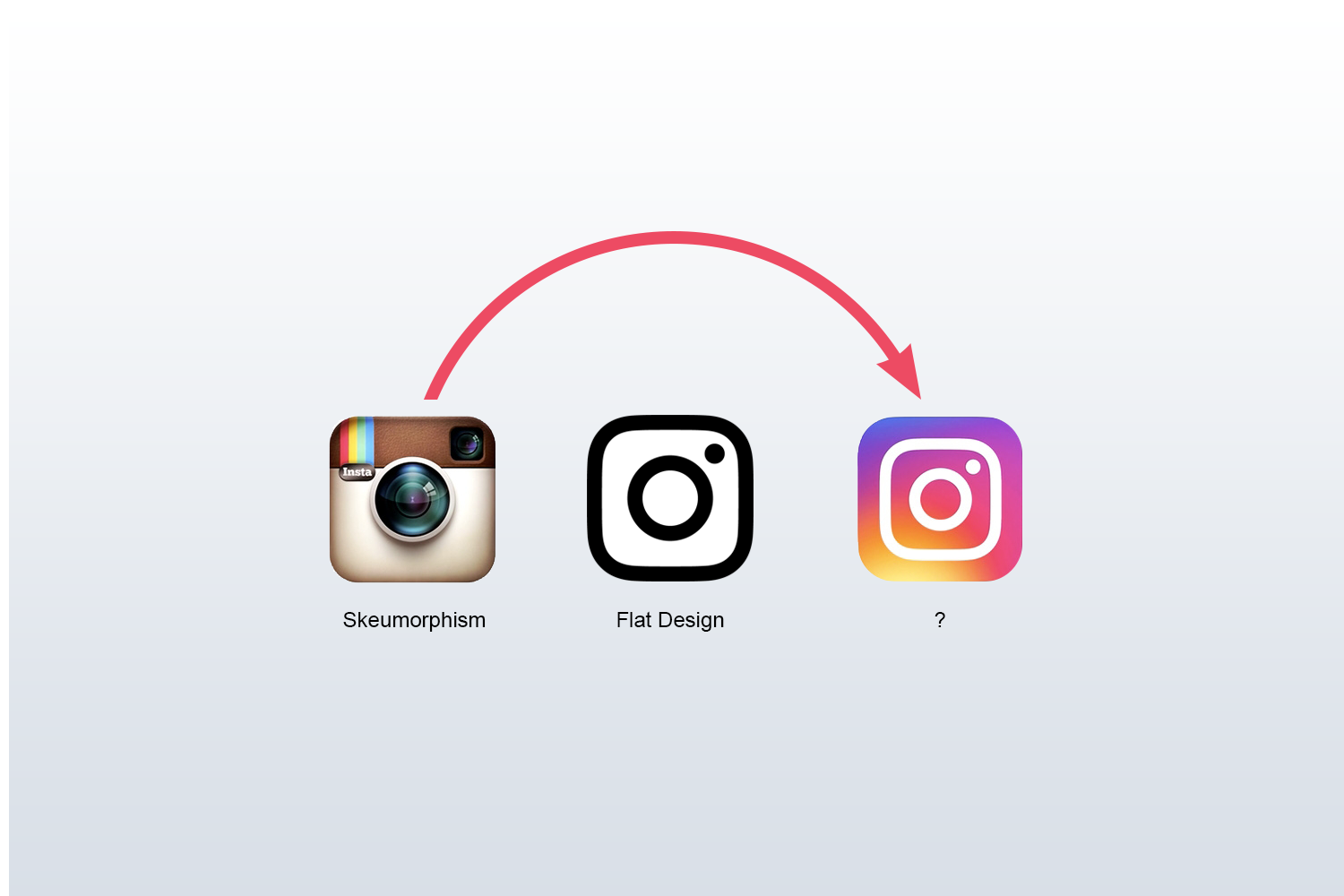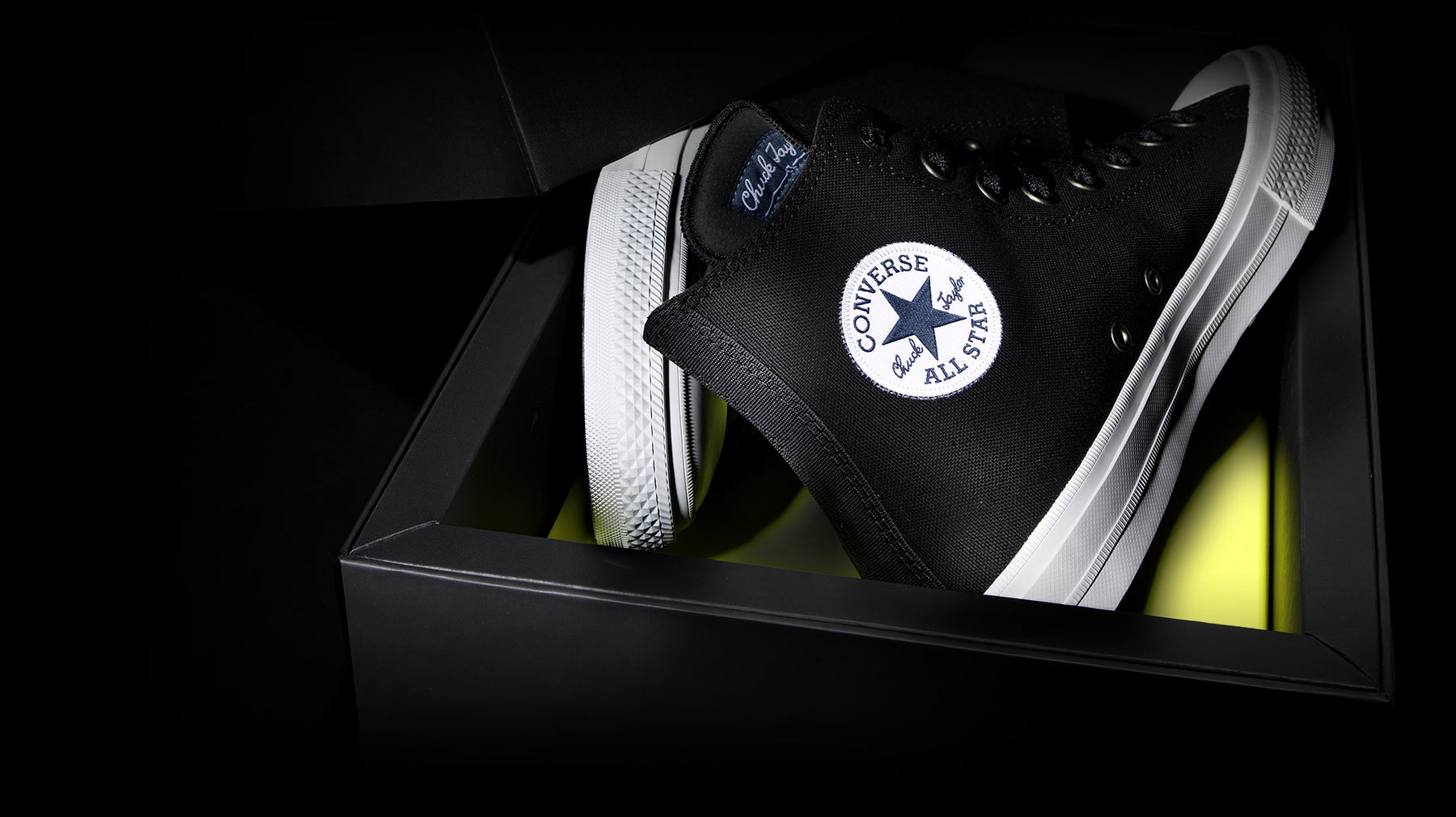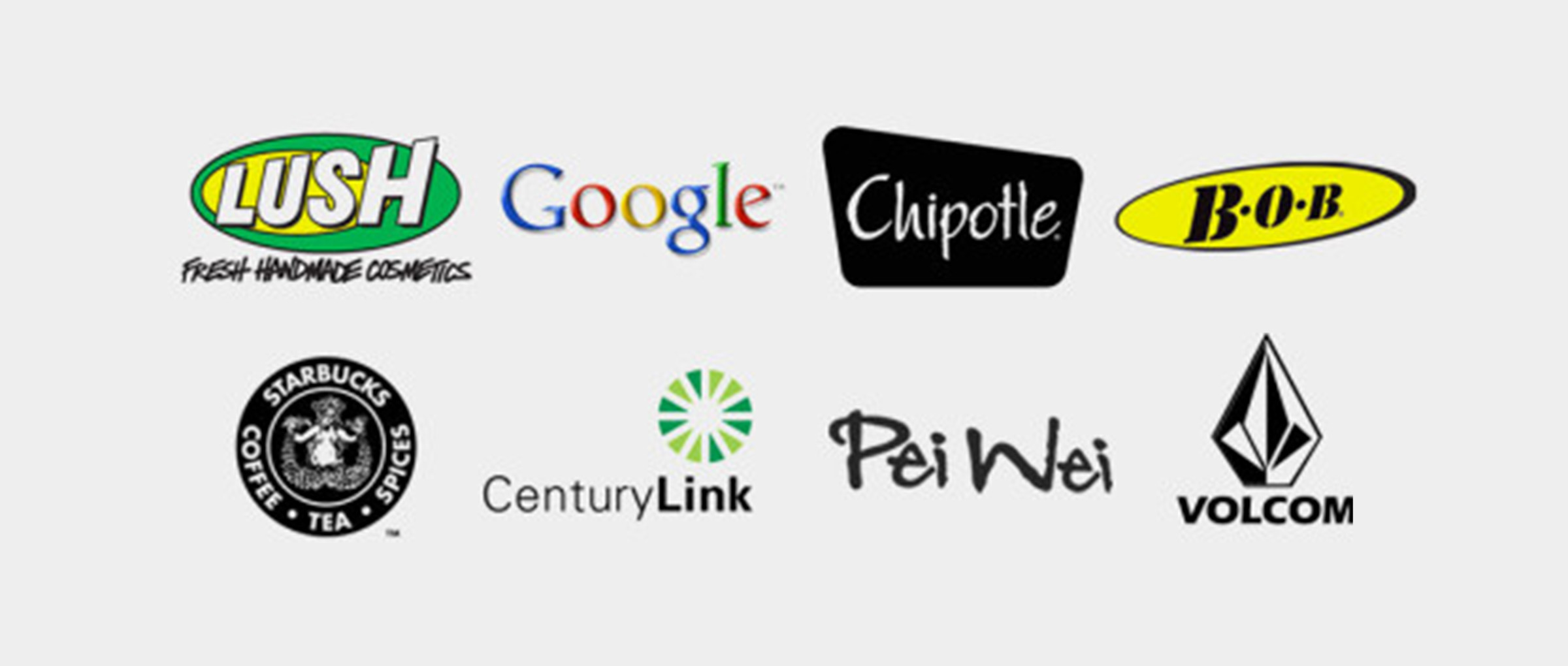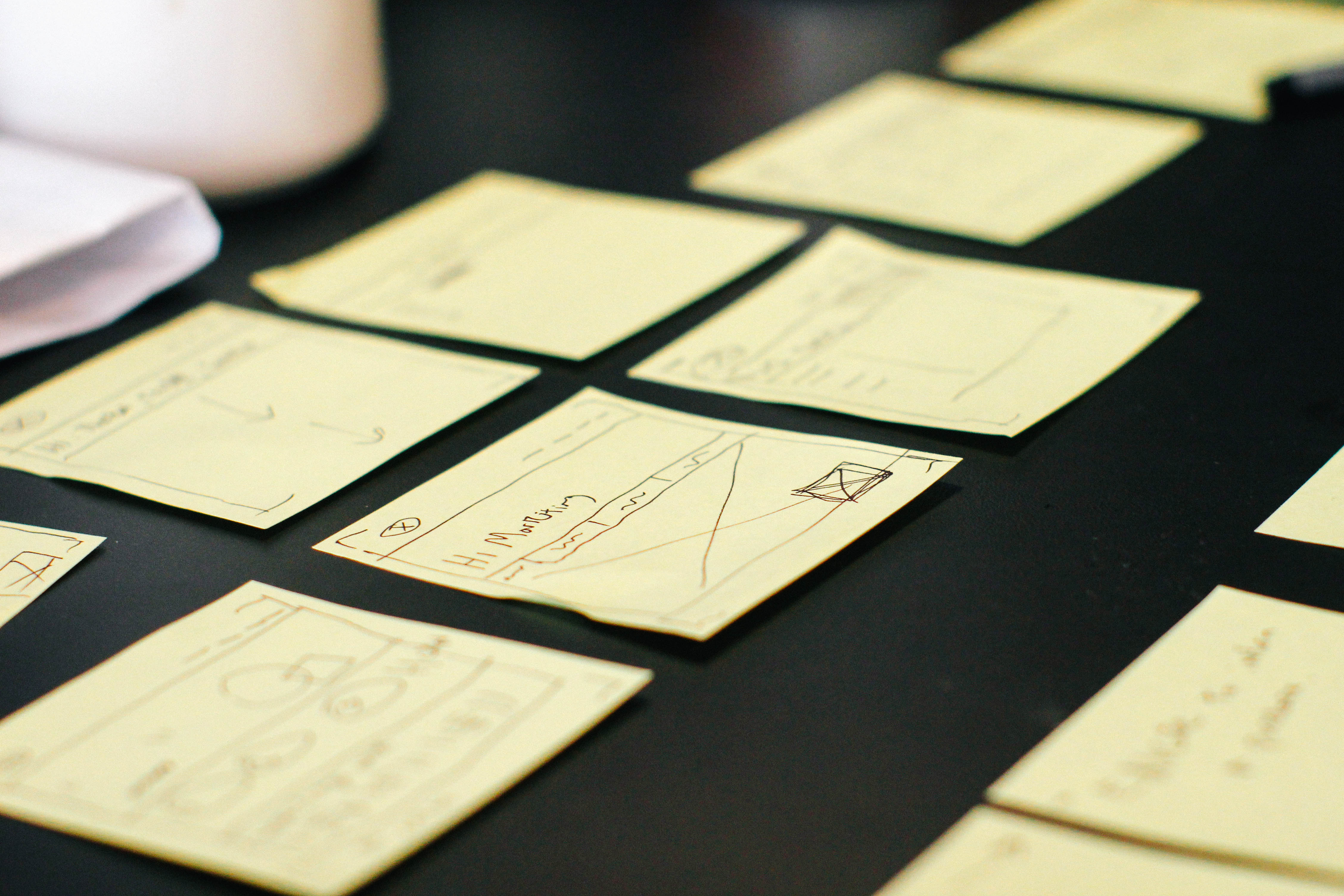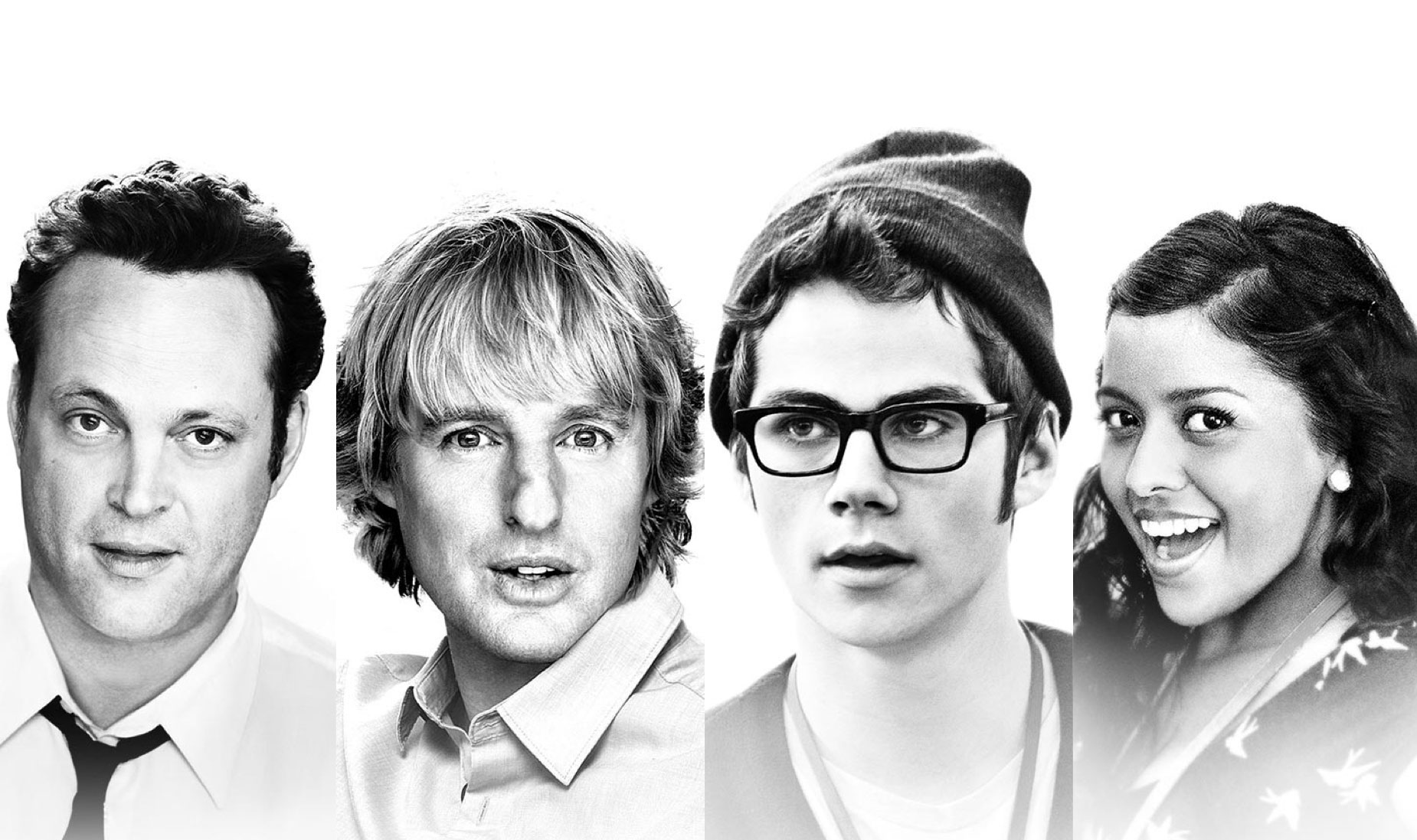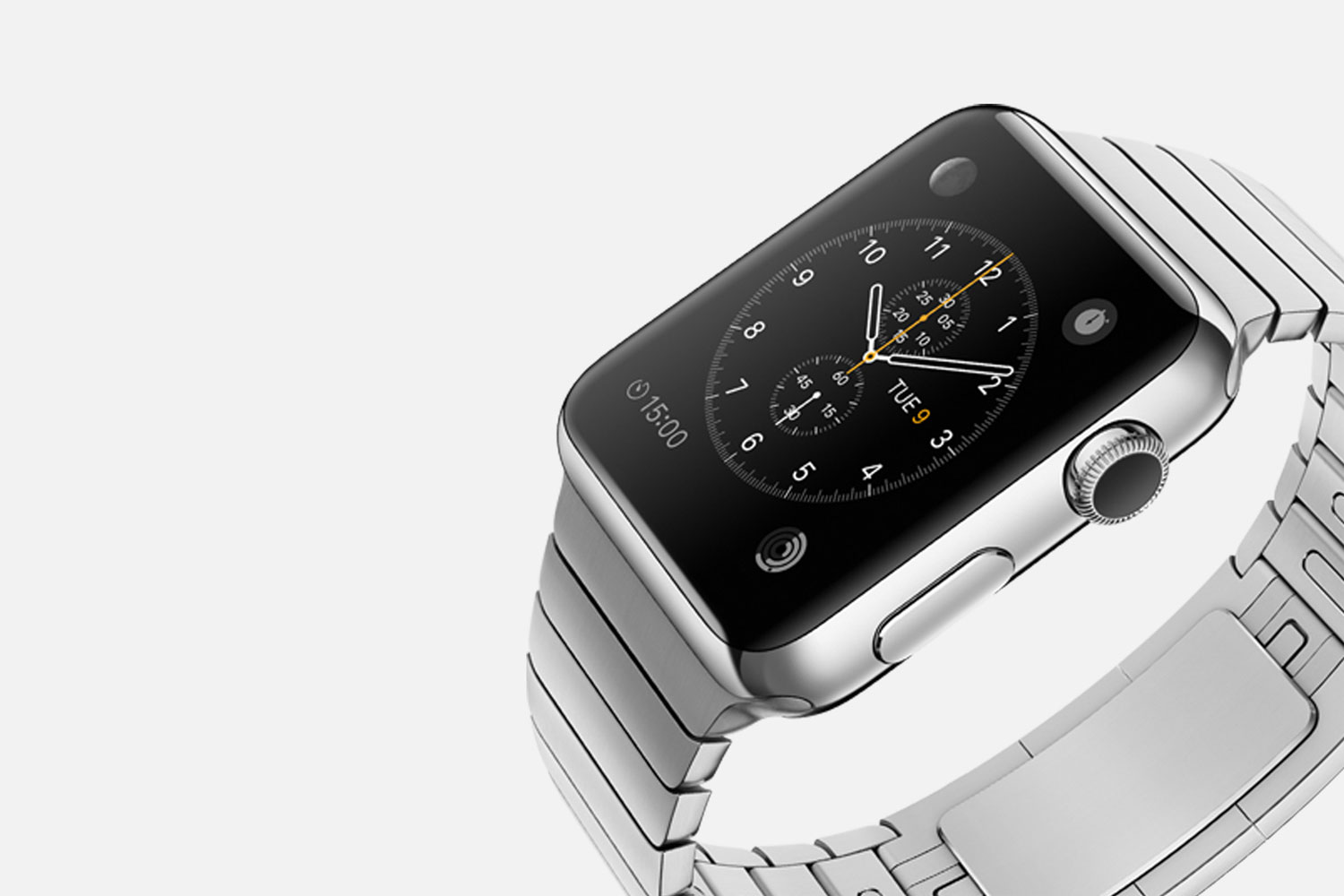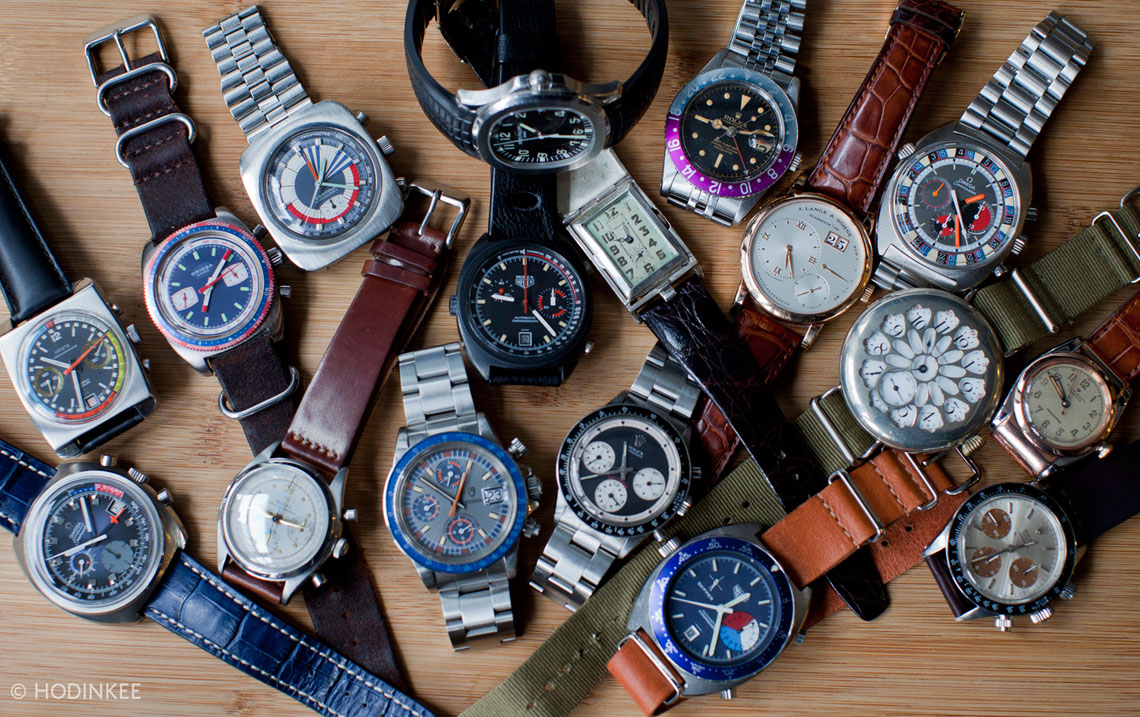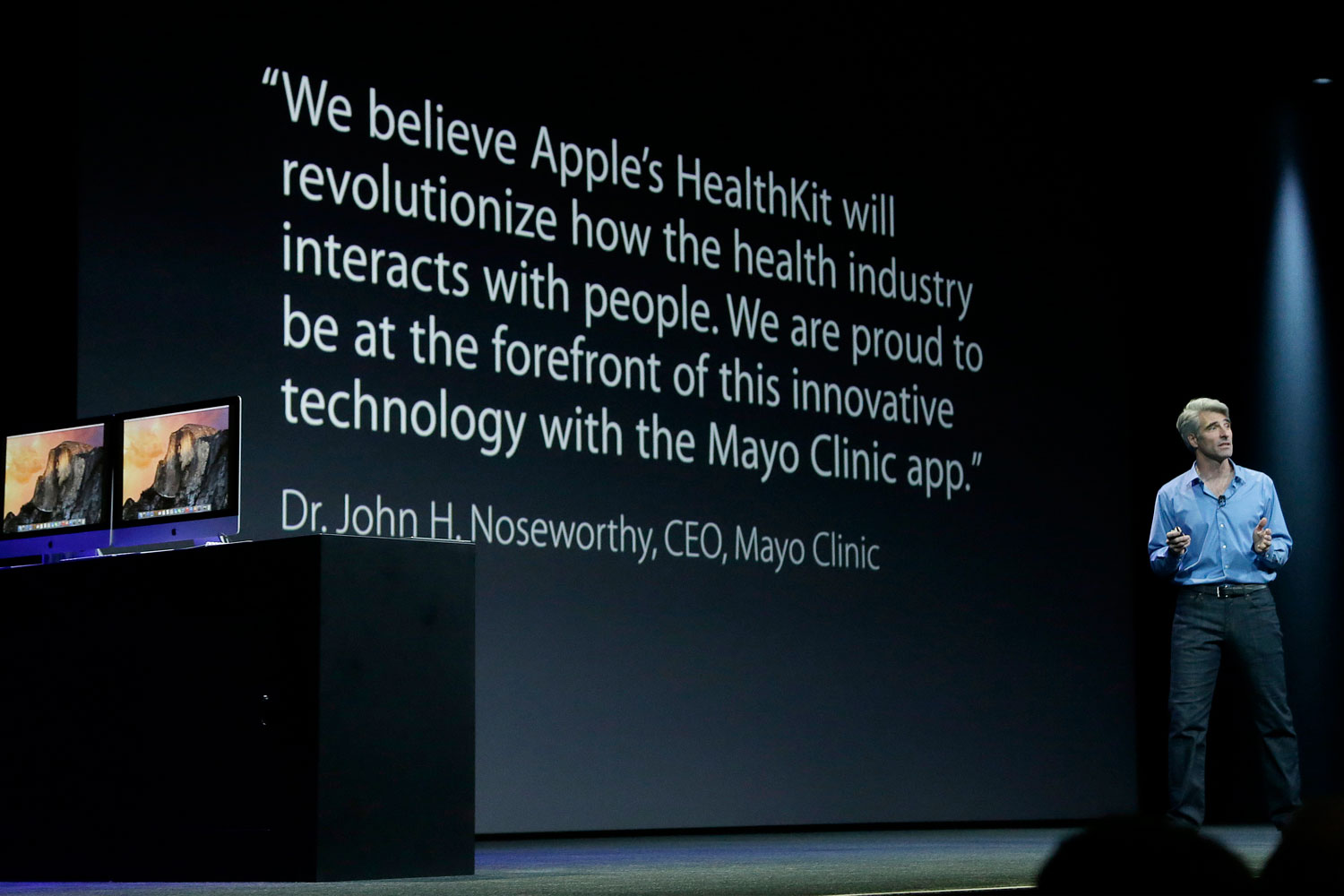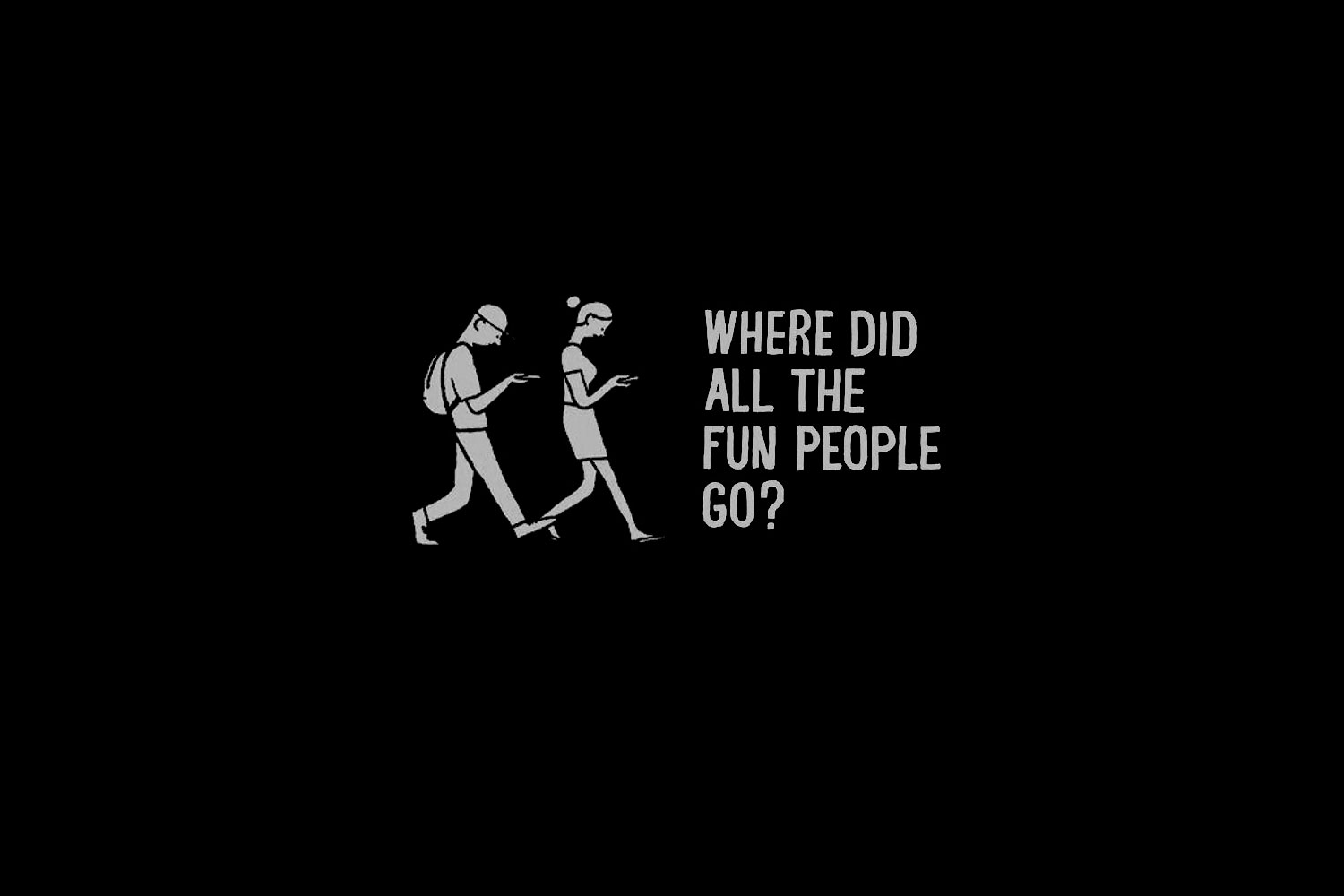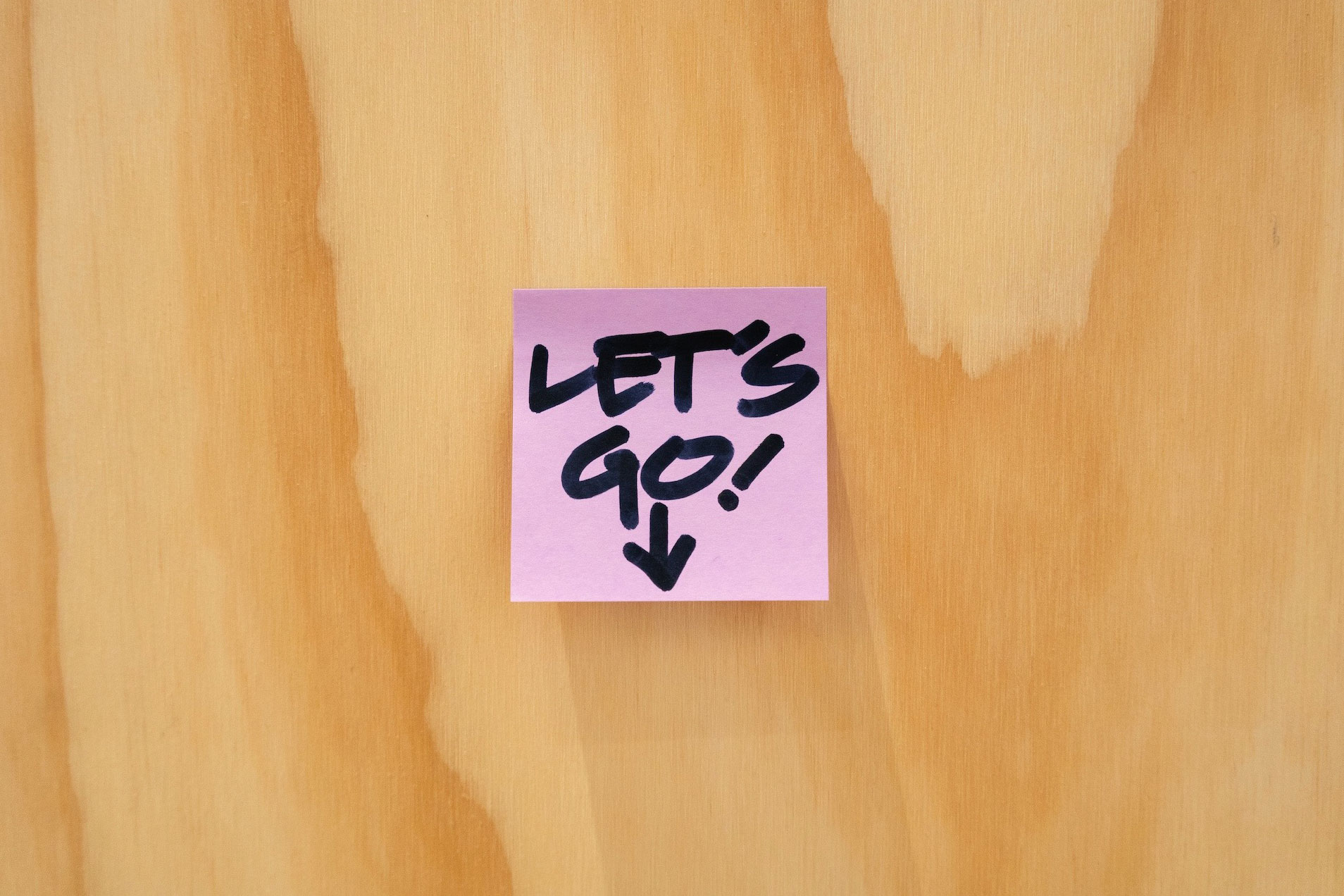1. Creeping is okay once you put a tie on.
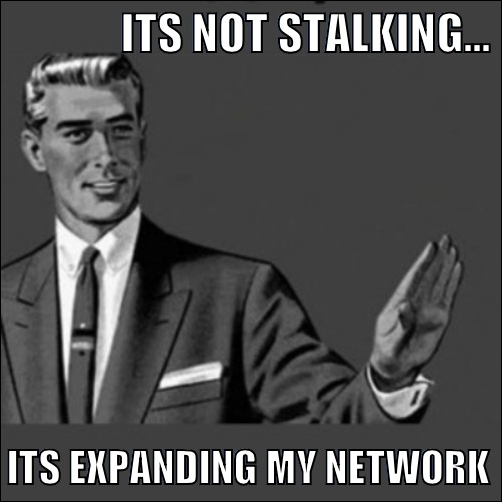
I never thought about this until I talked to my female intern. She told me that all of these guys who she has never met wanted to be her "professional friend." It made me think of LinkedIn in a totally new way. We know that everyone looks each other up on Facebook and all, but LinkedIn is the only social network that tells you someone came in, and looked at you, and then left. I feel so vulnerable now!
2. LinkedIn created a new kind of elitist.
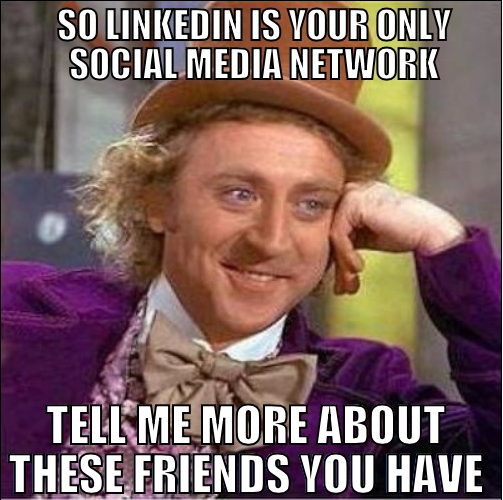
I used to admire people who claimed that the only social network they use is LinkedIn.Wow, maybe that's what grown ups do! Here I am wasting away my life on Instagram sharing photos of my coffee, sunsets, and the joy of parenthood on Instagram. And this guy over here is getting all of his news, friendships, and emotional fulfillment from LinkedIn. On that note...
3. The news that people share sucks.
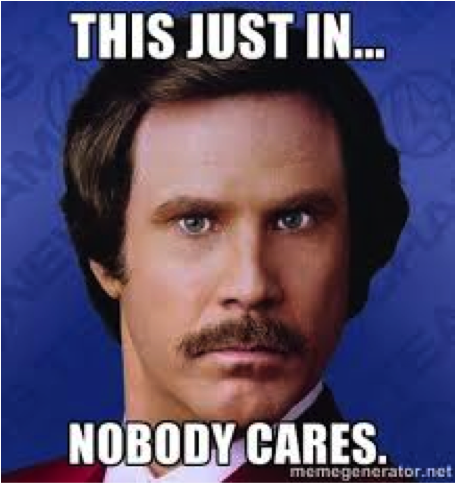
In an attempt to not look too personal and too opinionated, people are afraid to share news that they actually care about. Instead, they share news that they wish they cared about. Also, every link has to be vetted with difficult questions that show how vulnerable you really are.
- "Does this article show that I know what's going on in my industry?"
- "Is this article inspirational without making me look too religious, and put me at risk of losing my job?"
- "If my boss reads this article, will he think that I posted it because I think that he is incompetent?"
Eventually it gets too hard, and you end up sharing a horribly boring article about "industry trends" because it has some pretty charts and it's almost time for your lunch break.
4. You are tricked into networking.
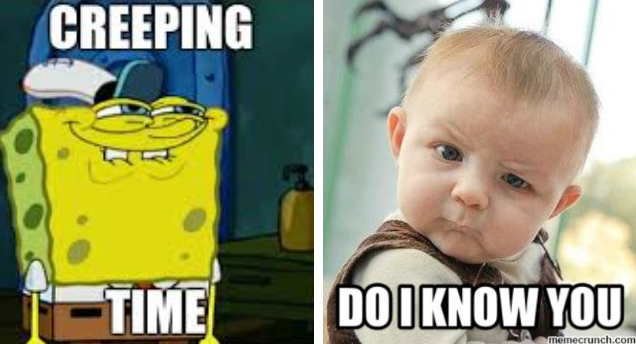
So on Facebook, it's really hard to accidentally request someone as a friend. But on LinkedIn, nobody knows what's going on. Did you request that I become a part of your network, or did I request that you become a part of my network? It's like ending up on a date, looking at one another across from a table, and then not knowing how either of you got there.
5. You are never enough.

If it is possible, I think that I've been on LinkedIn since the 1990s. Yet whenever I log in, LinkedIn reminds me that my "profile is incomplete" and that I am an inadequate person:
- "Matt, did you get a B in your freshman typing class in high school?"
- "Matt, did you struggle to complete your physics courses in college?"
- "Matt, have you noticed that your interns have better profiles than you do?"
6. You might lose your job while trying to get a job.
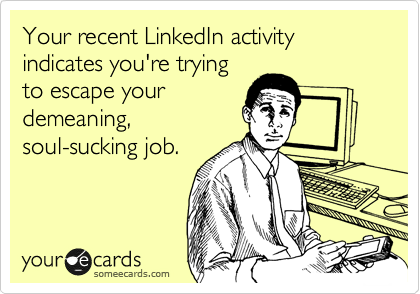
I don't think that trust fund babies bother to get a LinkedIn profile. To my knowledge, neither Dr. Dre nor Tony Hawk is on LinkedIn. Why? Because they're doing just fine without it.
So let's admit it--we're on LinkedIn to keep options open for our careers. So why do they make it so hard to get this done? How do you position yourself for that next job without looking like you're jumping ship at your current job?
Your LinkedIn feed informs all of the water cooler talk down the hall:
- "Did you see that Kirstin updated her skills? Since when is she good at process utilization management and rapid iteration? What does that even mean?"
- "Did you see that Eric changed his title from Sales Lead to Associate Director of Sales?"
- "Did you see that Cara is wanting to explore other industries?"
You almost need a dashboard with switches like on IFTTT. If someone from my company visits my profile, show them Profile 1. However, if someone in my industry but does not work at my company looks me up, then show Profile 2. Who knows? Maybe they already have this and I got bored with everyone's updates and left before I found it.
Bottom Line: Somebody Make Something Better. We'll Love You For it.
In all seriousness, there is a market opportunity here. There has to be a more authentic, spirited social network for professionals. One that's more interesting that people will actually care about. It shouldn't require the obsessive posturing that LinkedIn demands. It needs to be different.
It's been done before. Alan Webber spent six years as the managing editor/editorial director of the Harvard Business Review, the most prestigious and well-respected publication in business leadership. The Harvard Business Review had pedigree and power. But what Alan Webber saw at HBR was an institution that wasn't connecting with a new generation of leaders. I am sure that his peers dismissed him when he said that readers wanted more than what HBR was offering.
So he stepped away and tried to make something more cool and relevant. He partnered with fellow HBR expat Bill Taylor and co-founded the magazine Fast Company in 1995. Their point of view was relevant on Day 1, and it is still relevant today, 20 years later. There is no question that Fast Company leads the conversations of business, technology, and innovation. There are 100s of examples just like this where someone looked at what we had today and decided to make it better.
So there it is--somebody make LinkedIn better. We'll love you for it.


